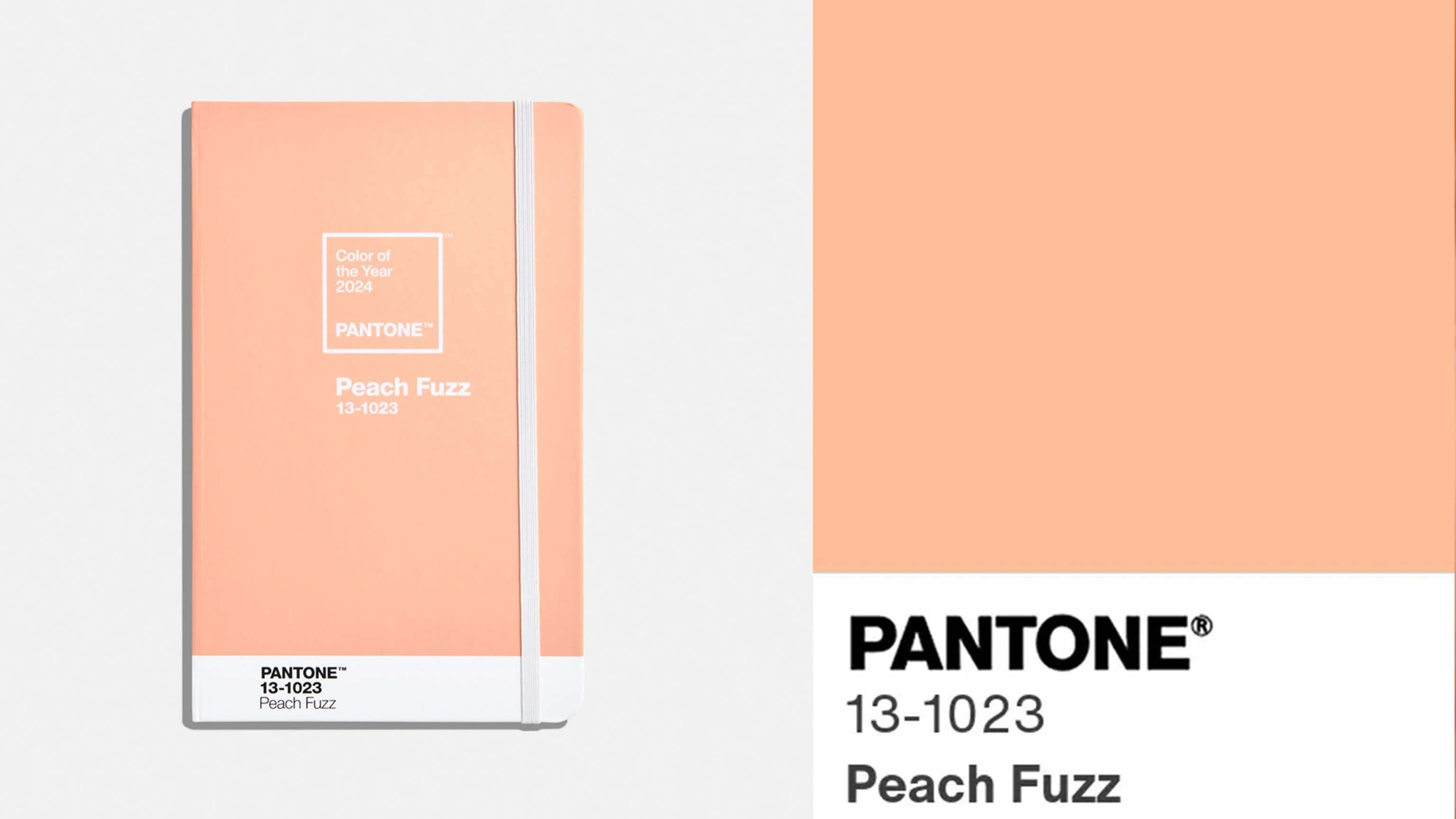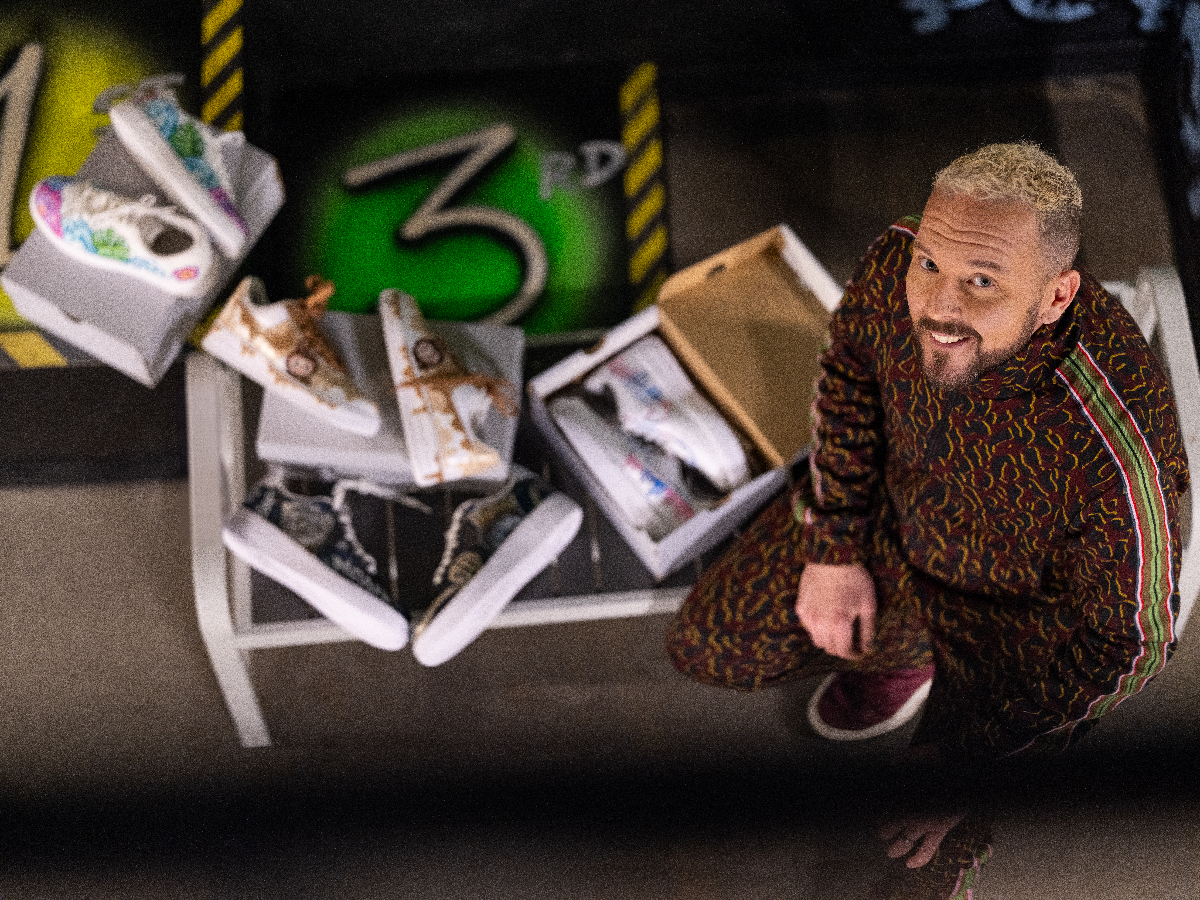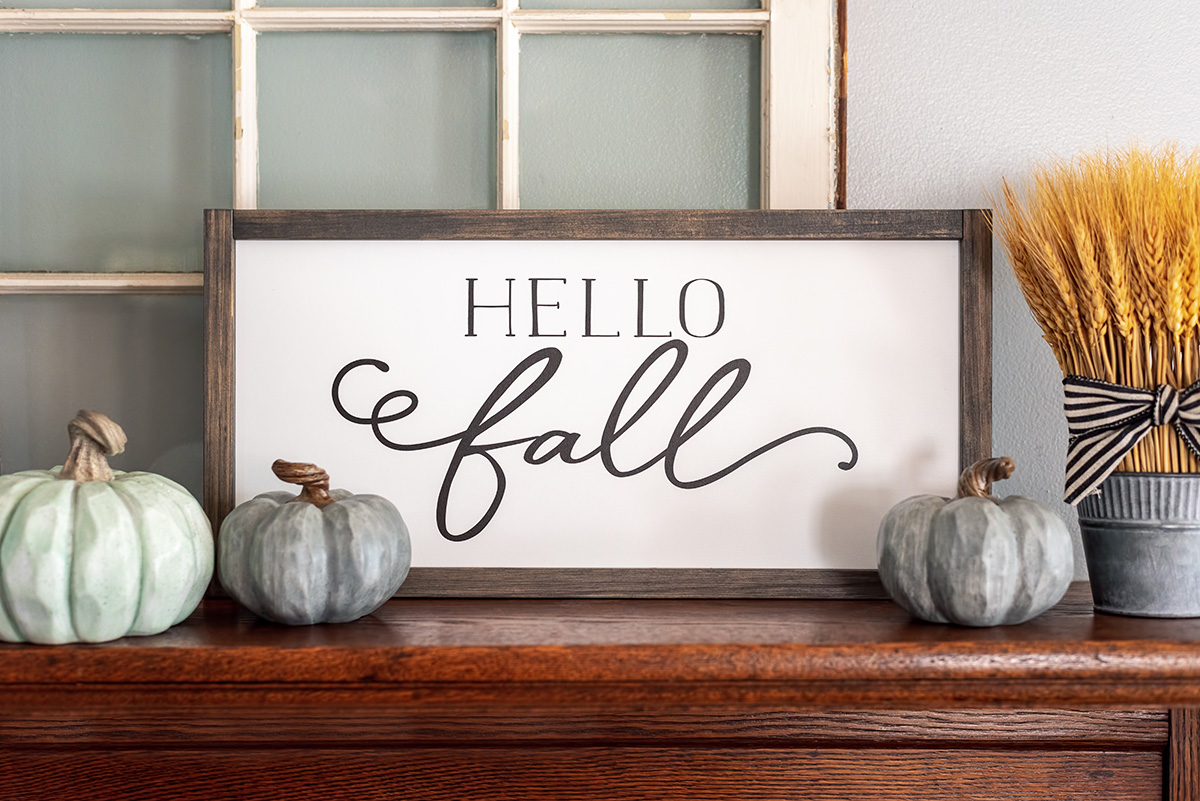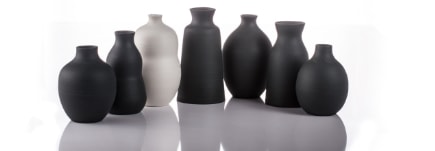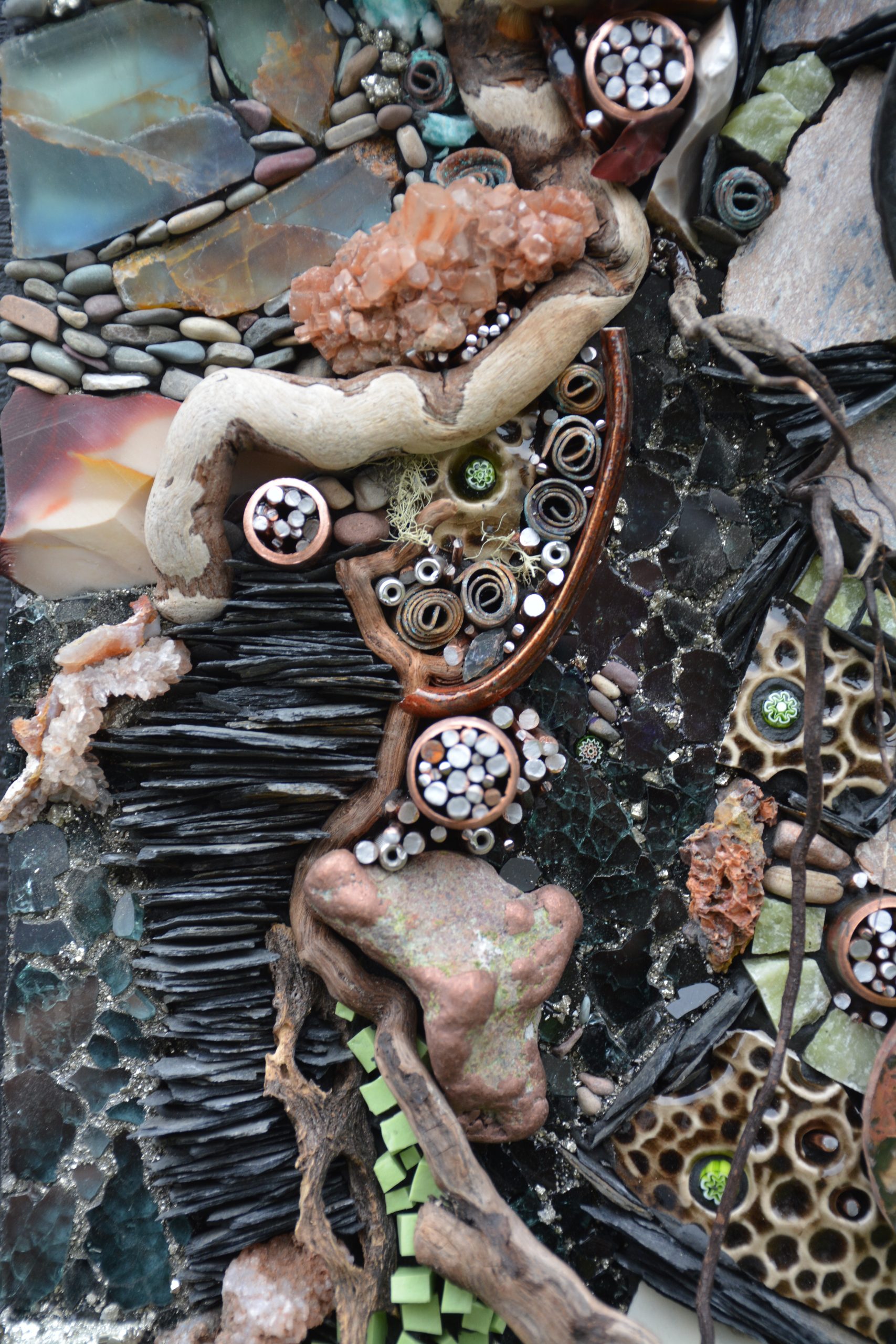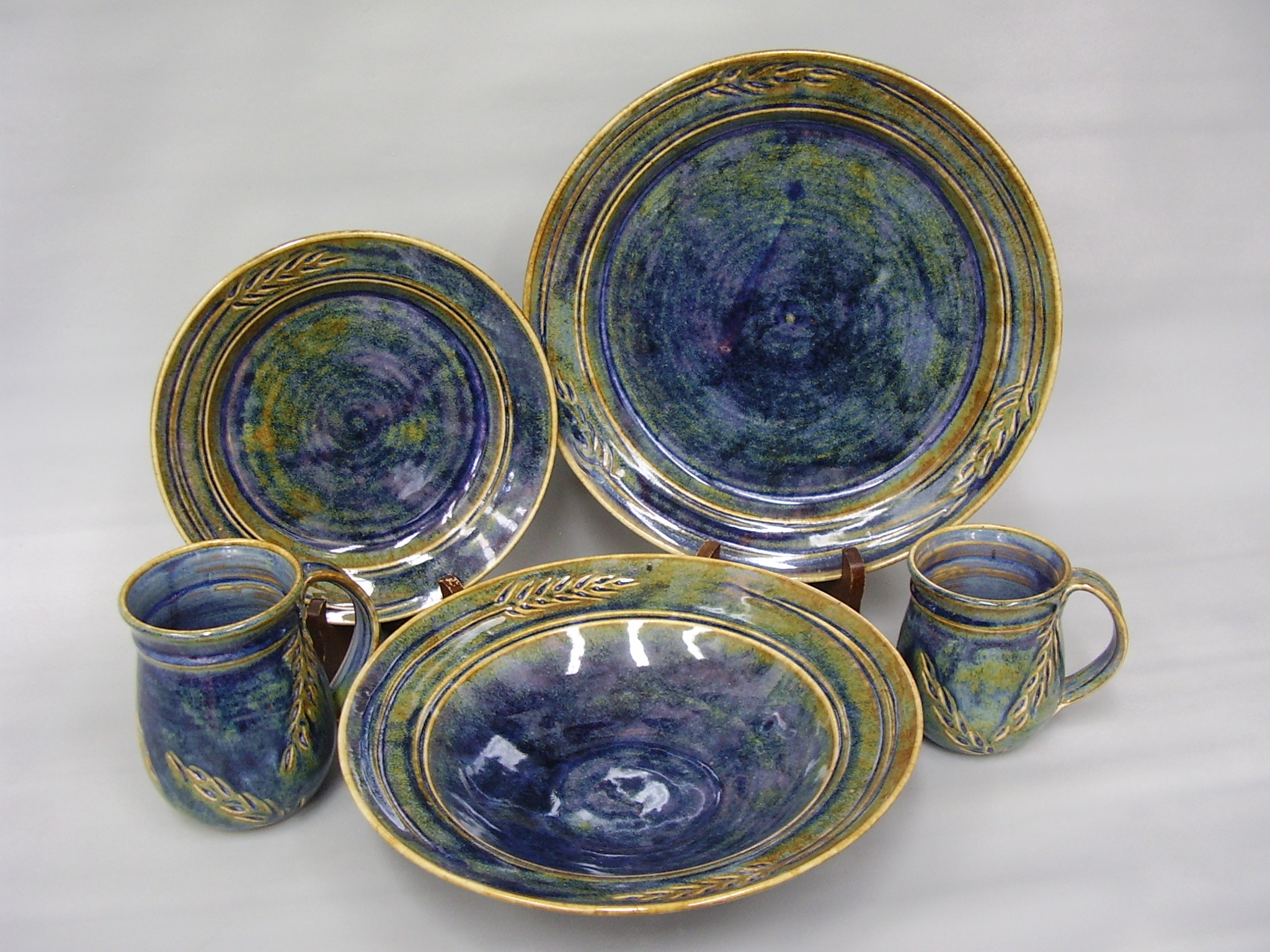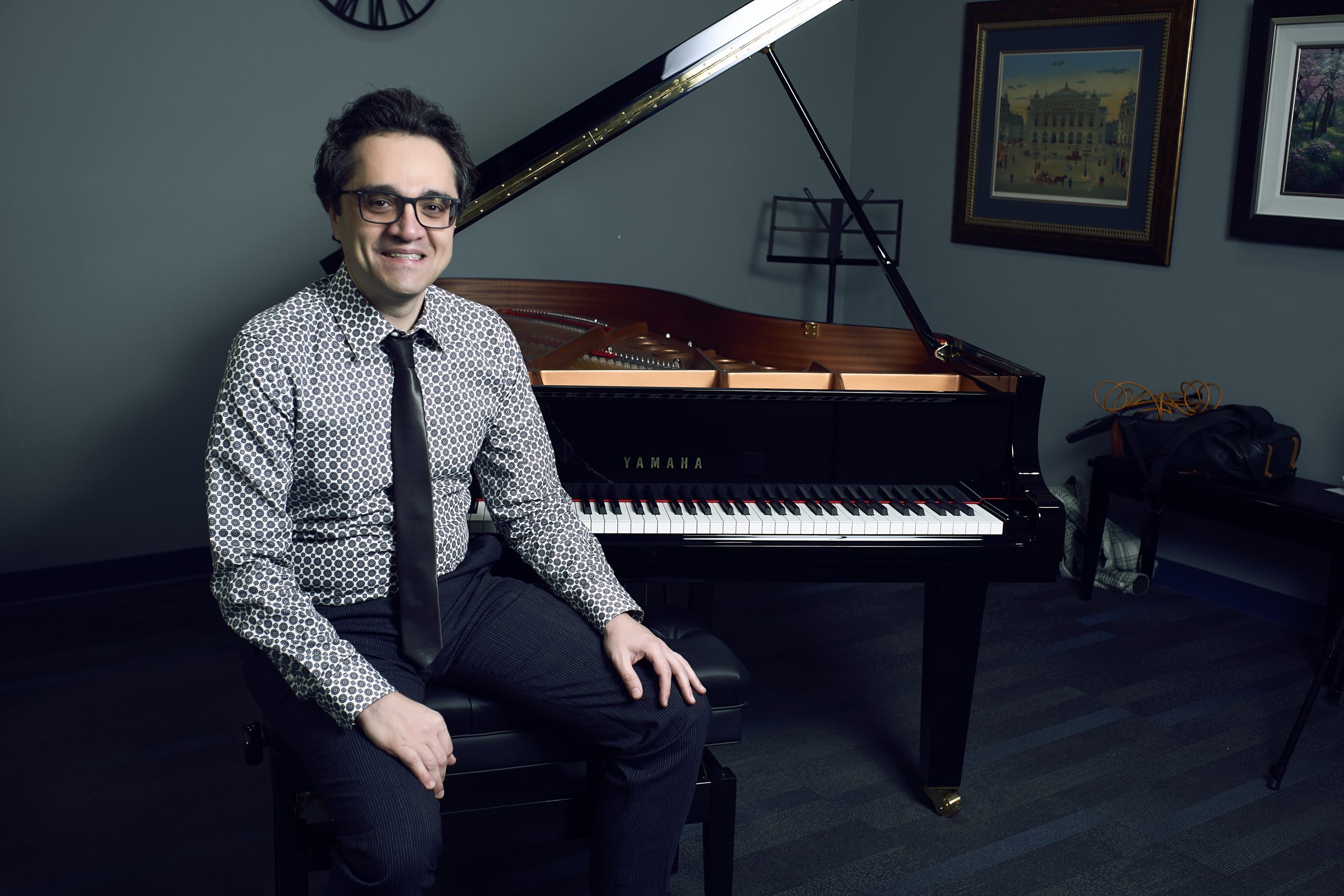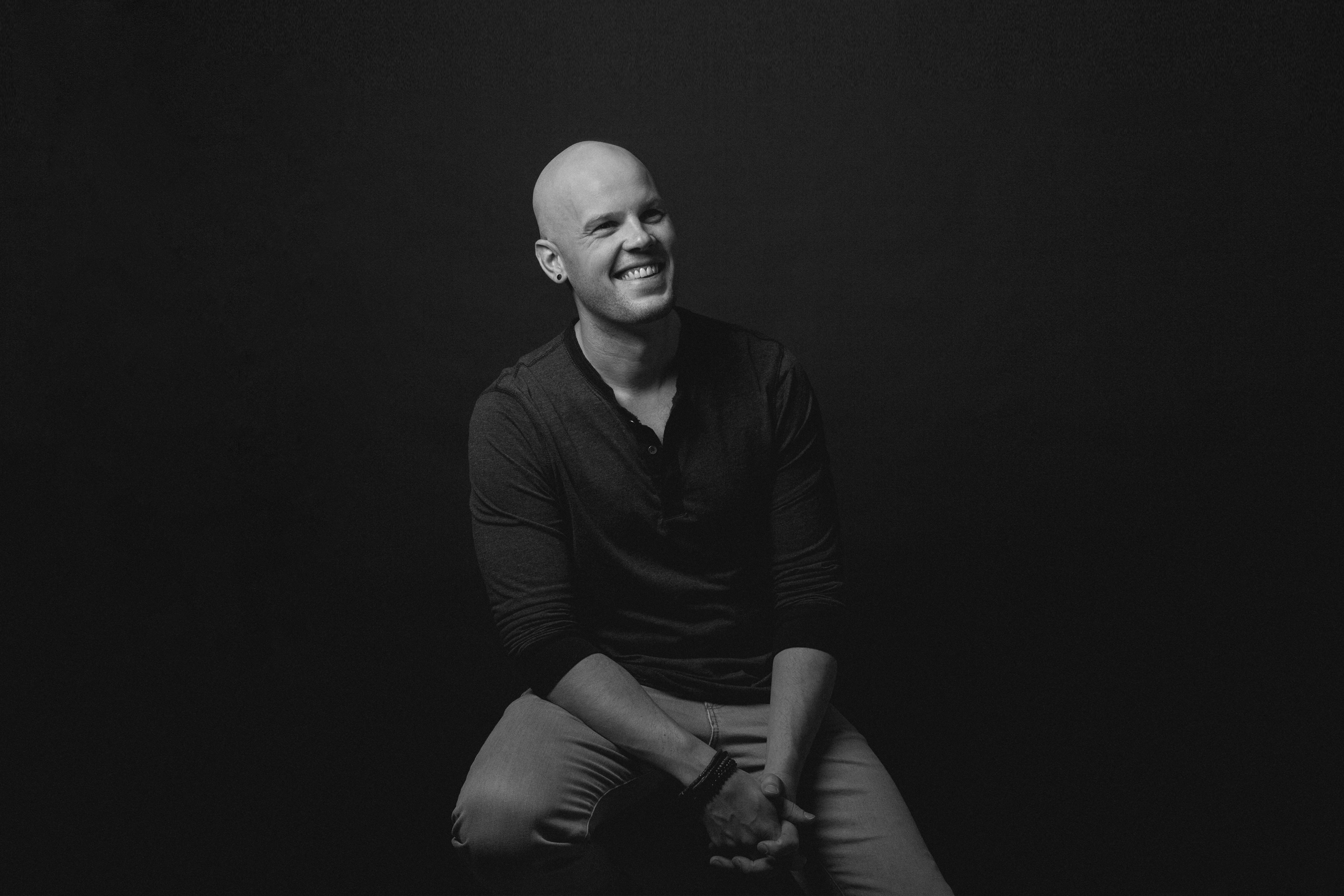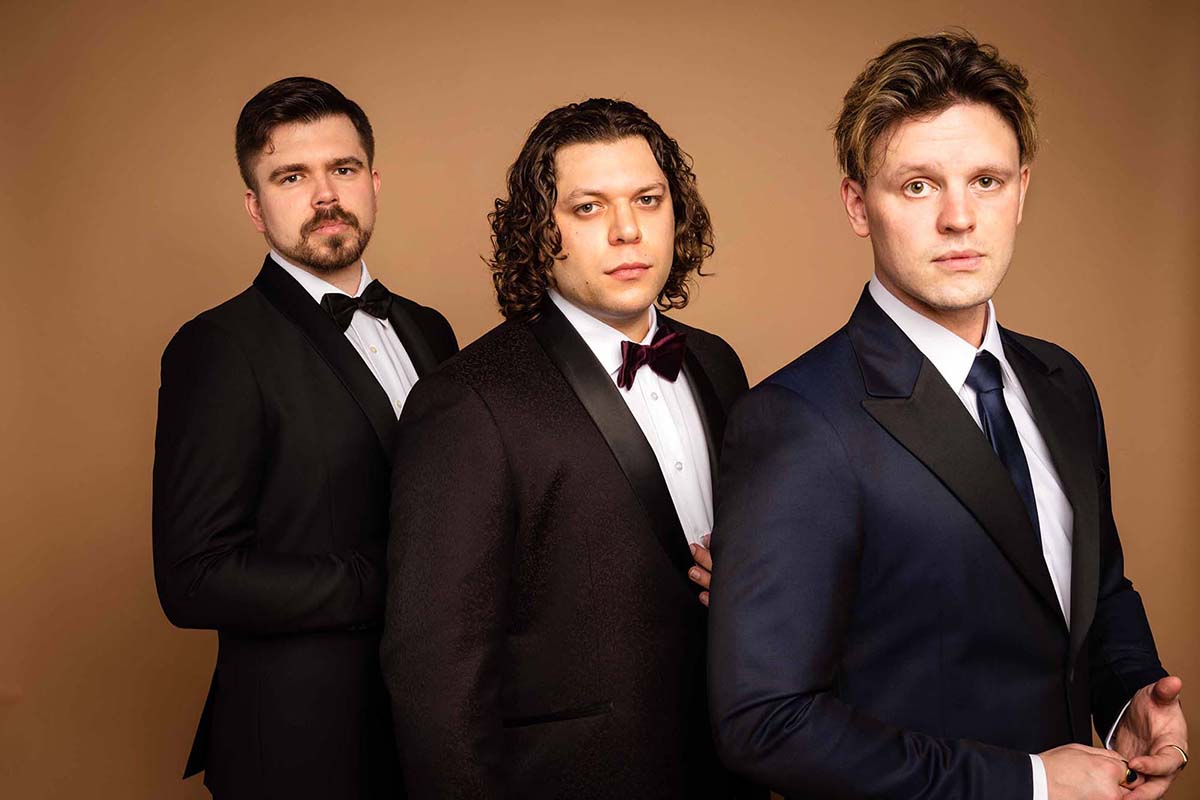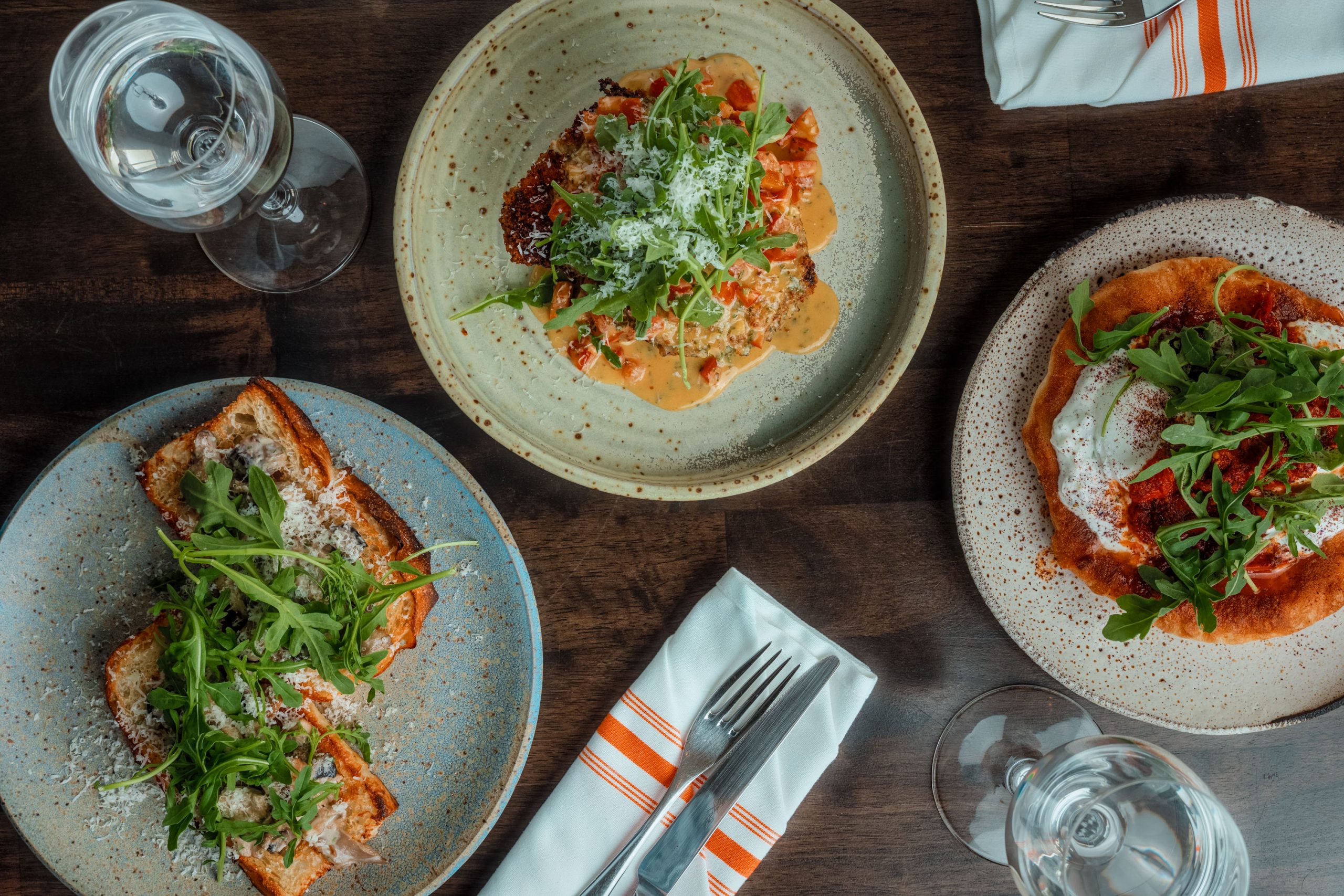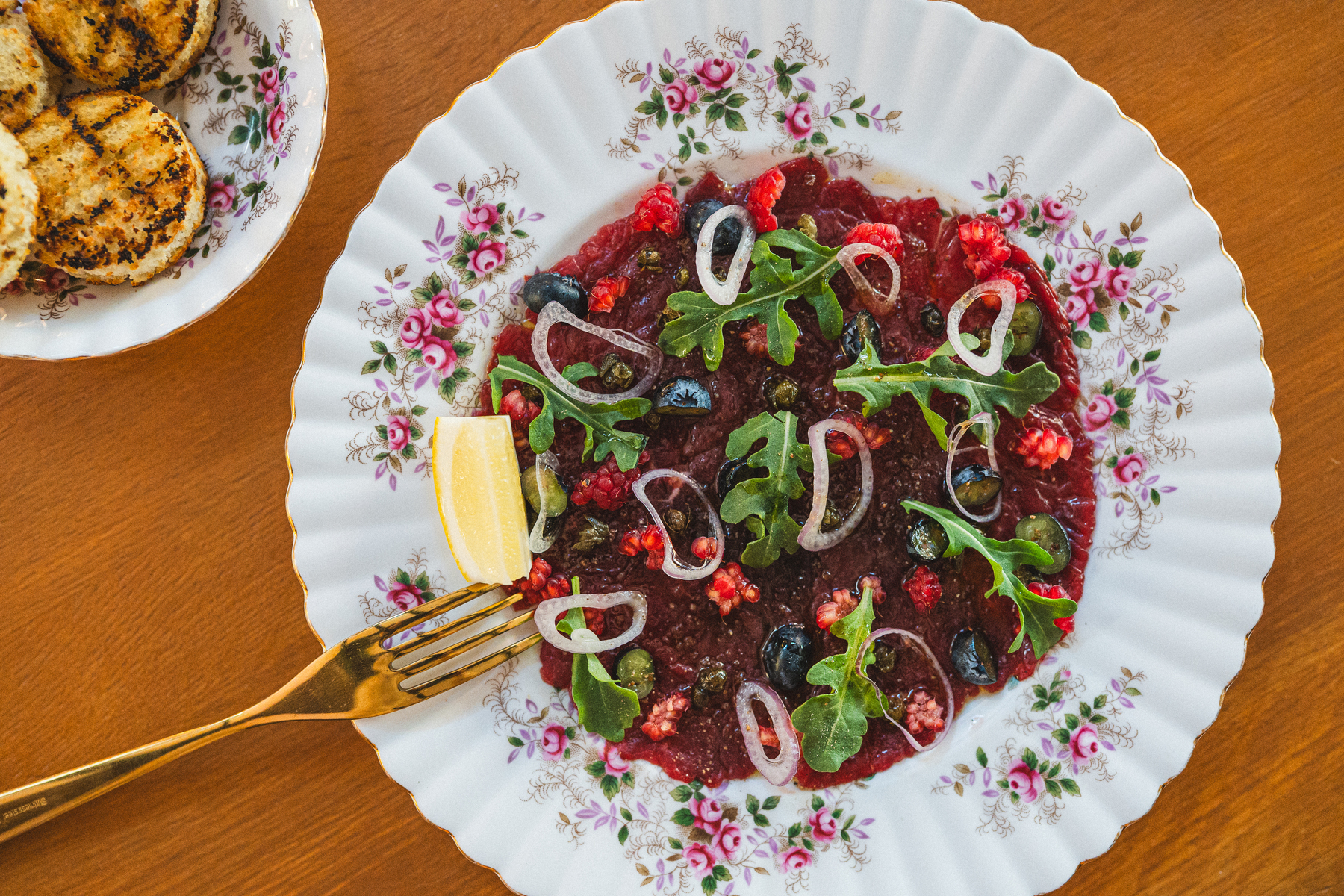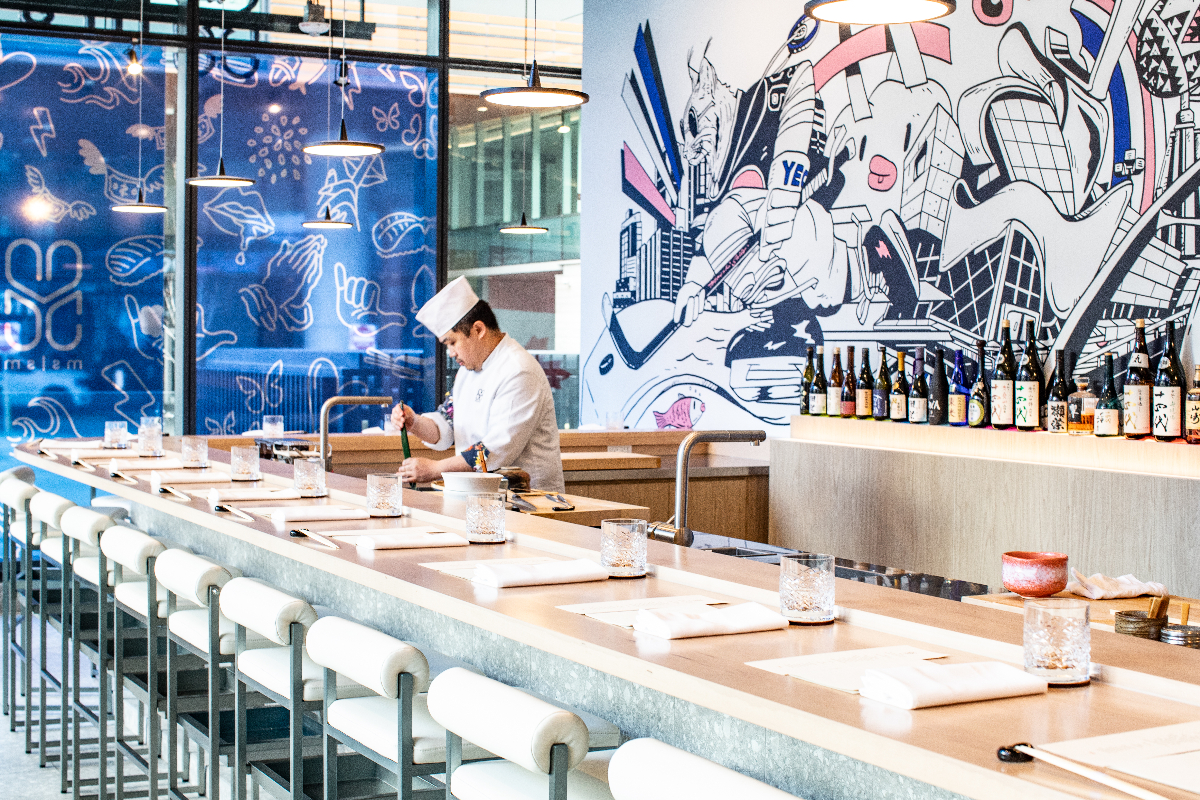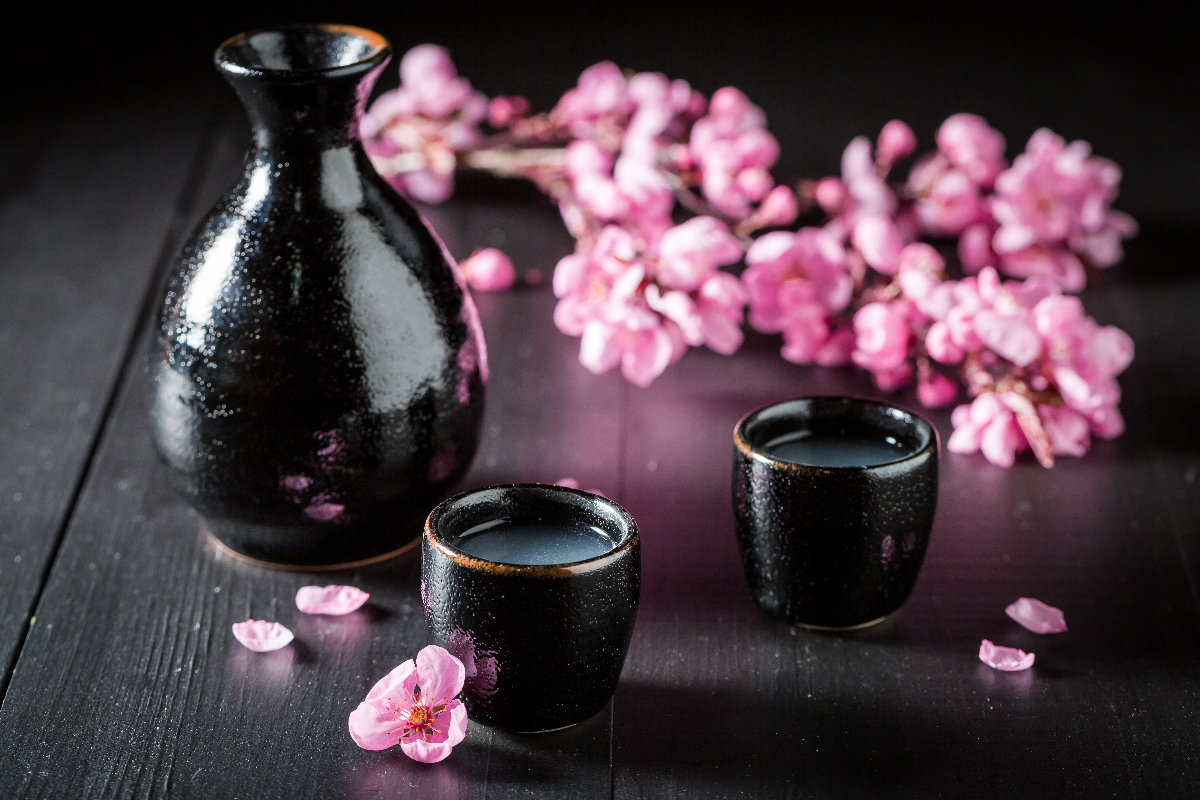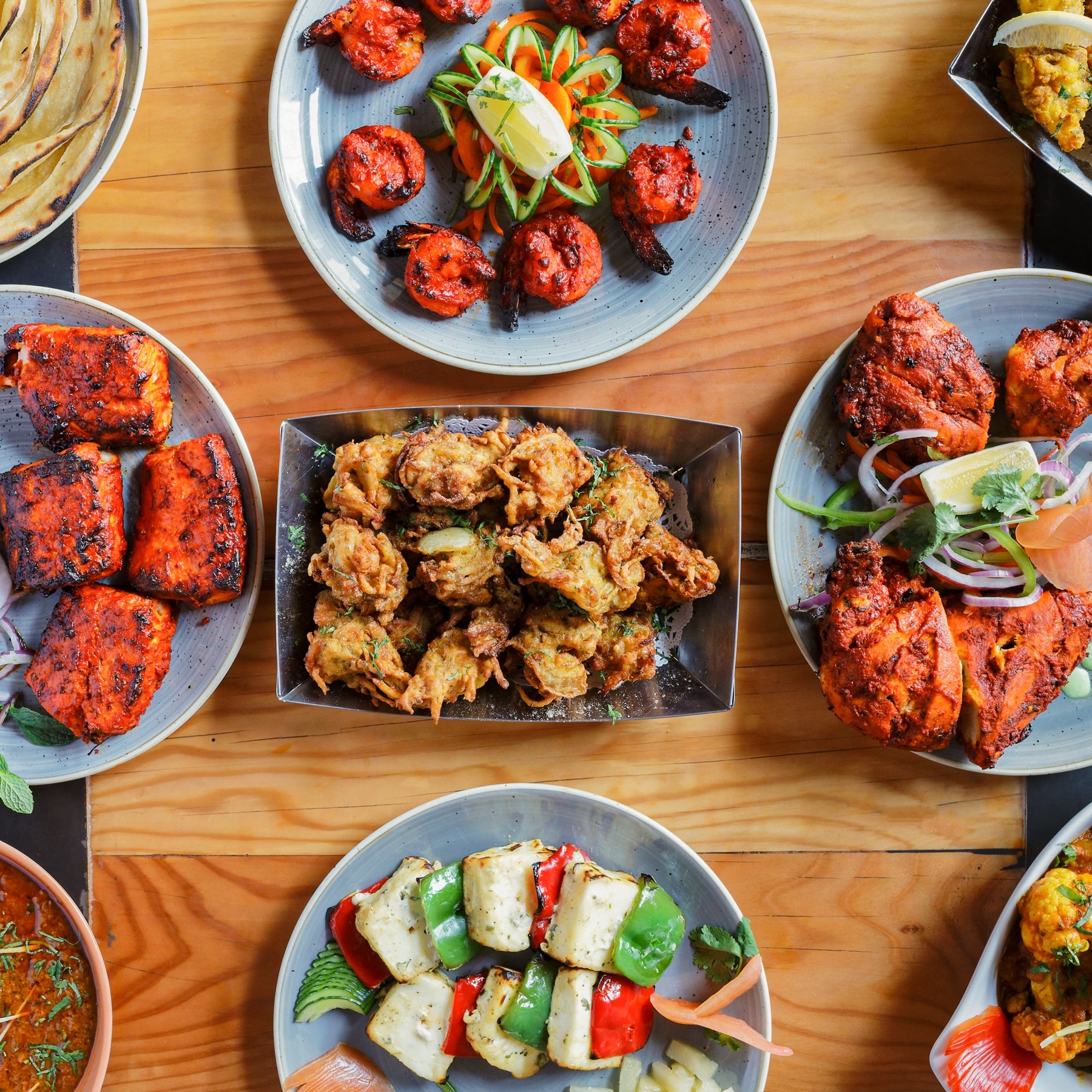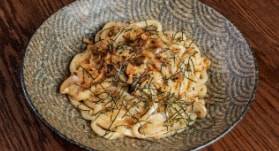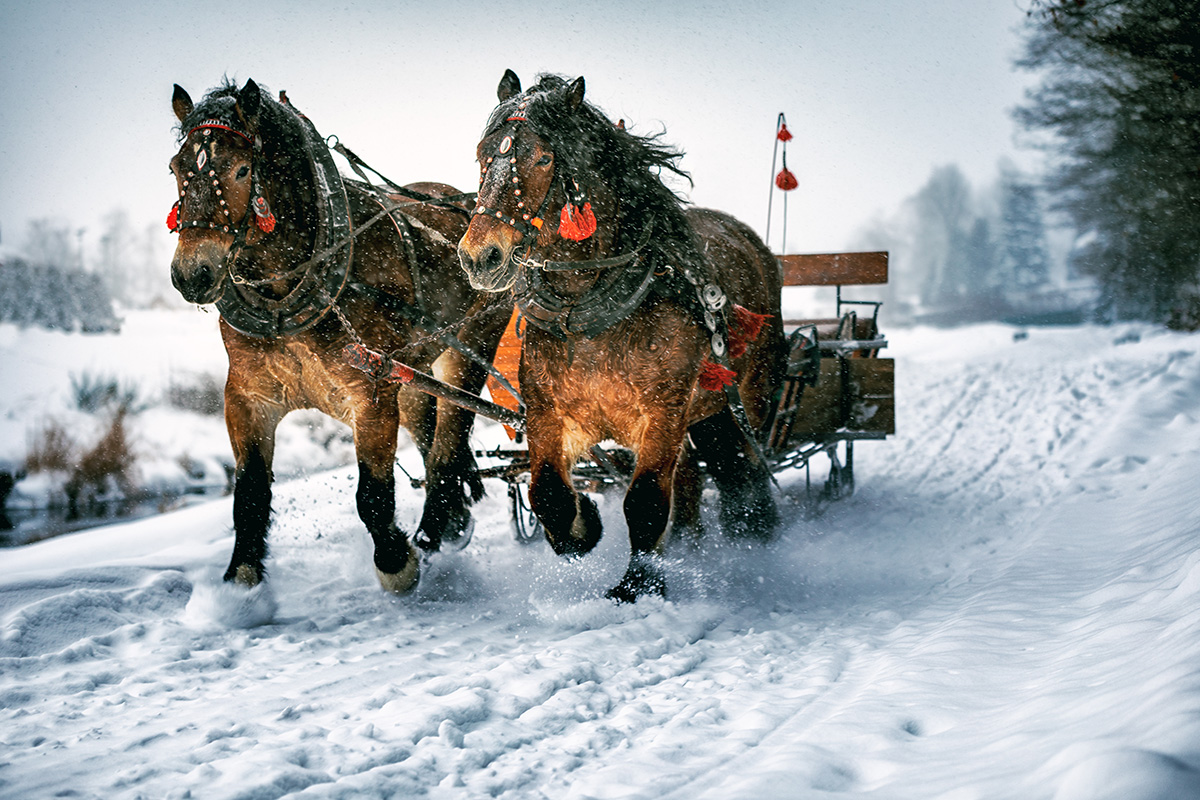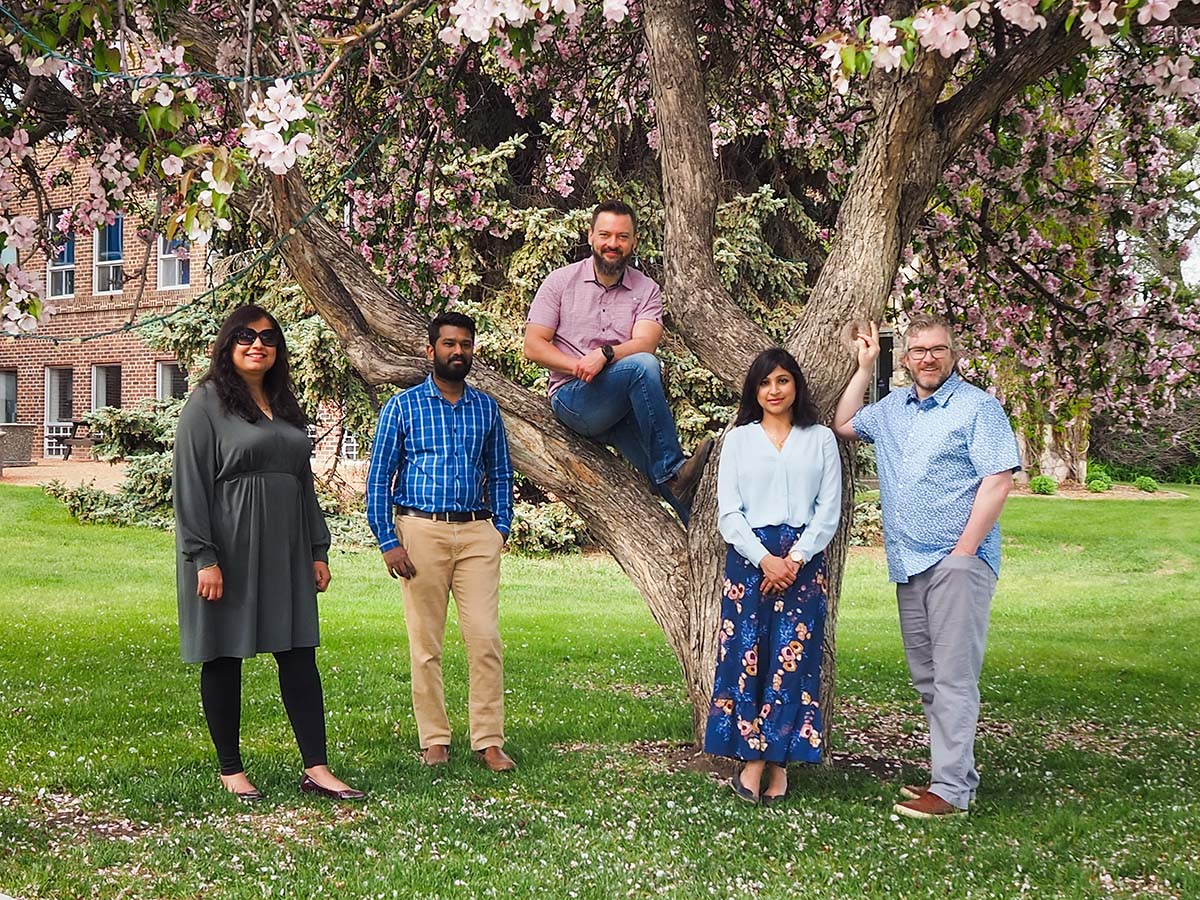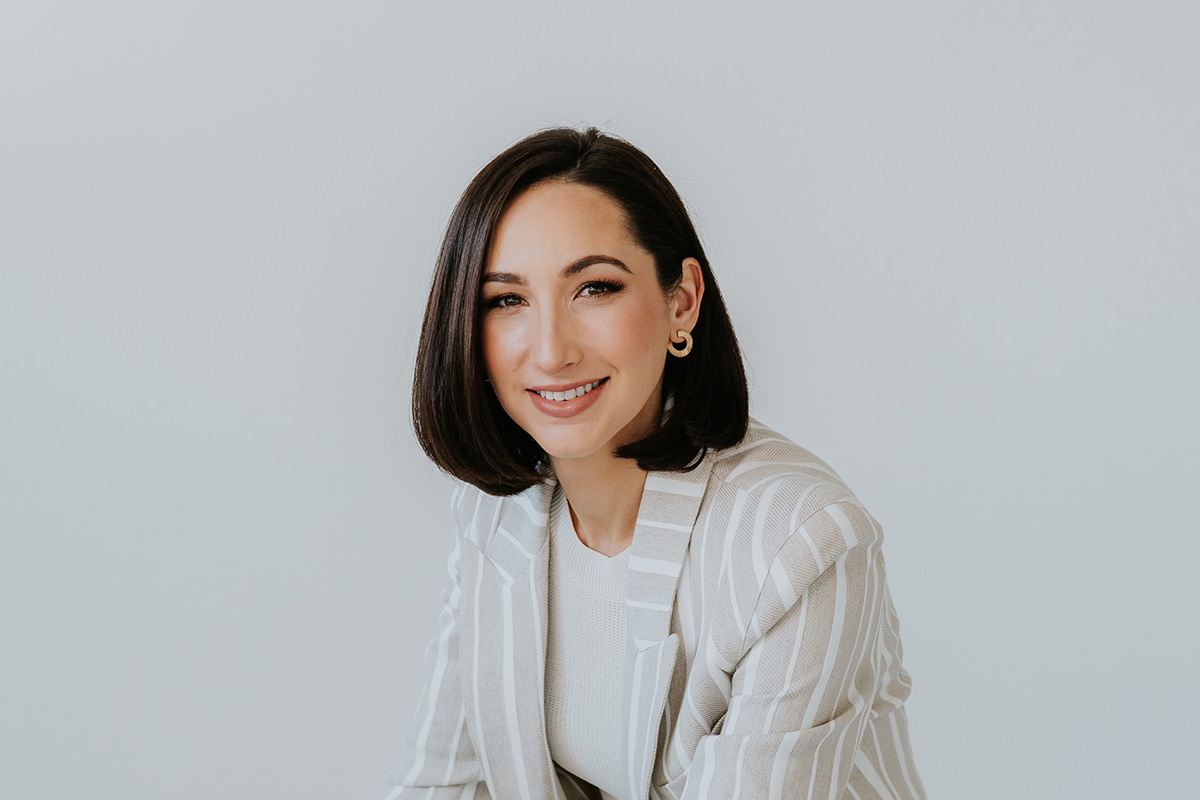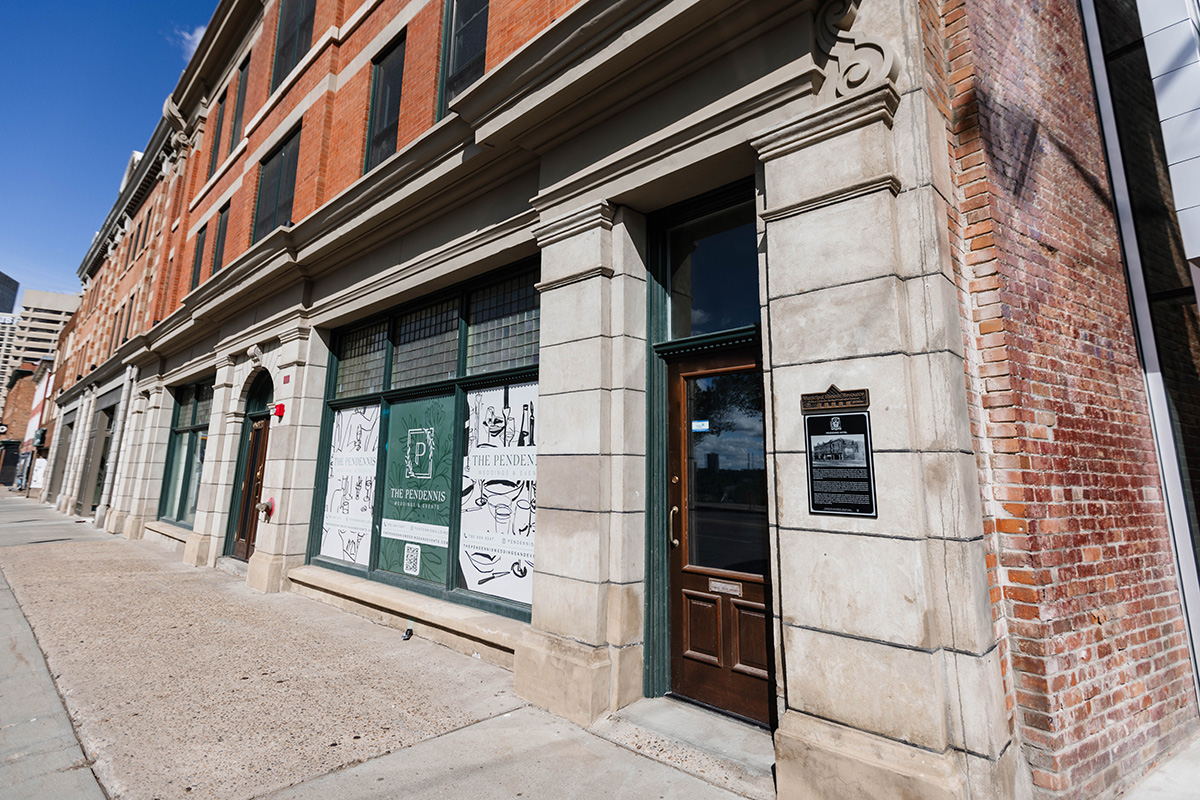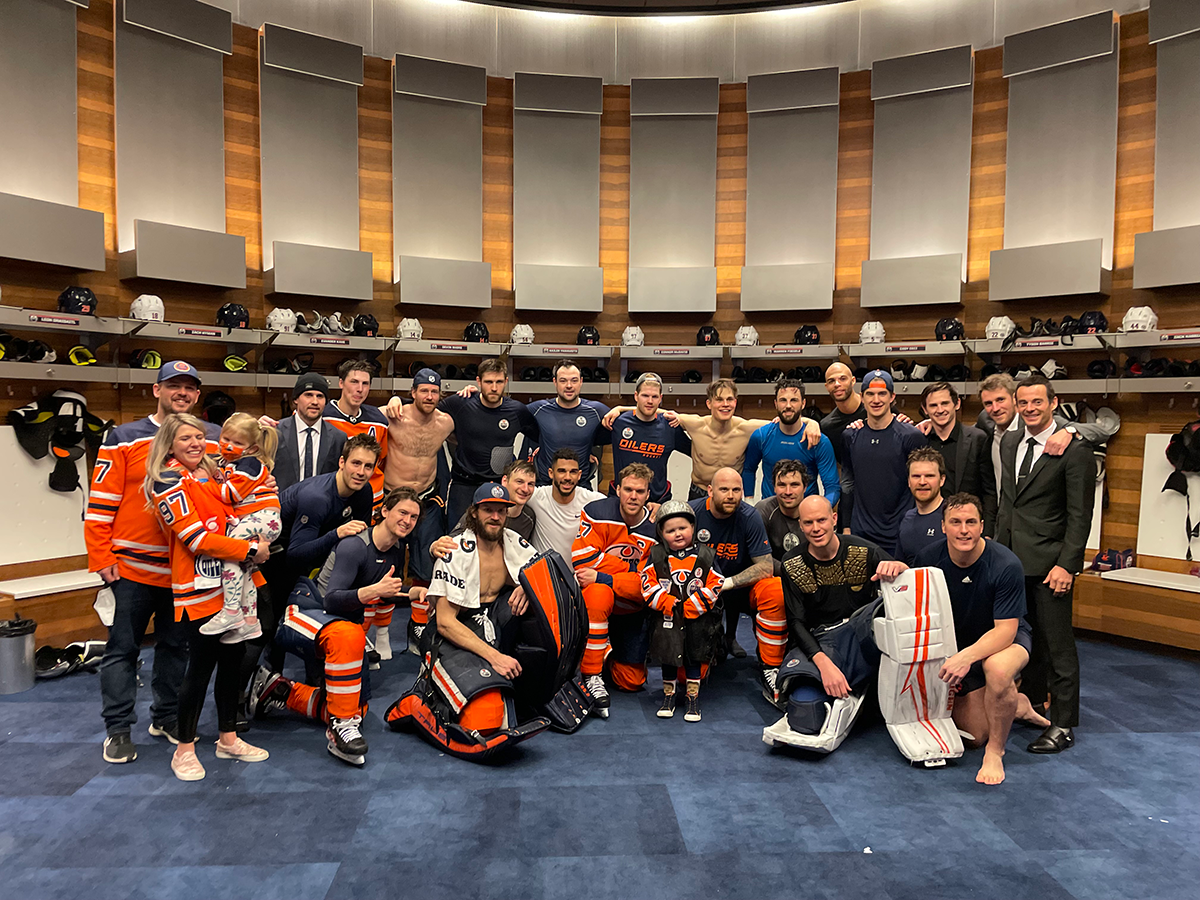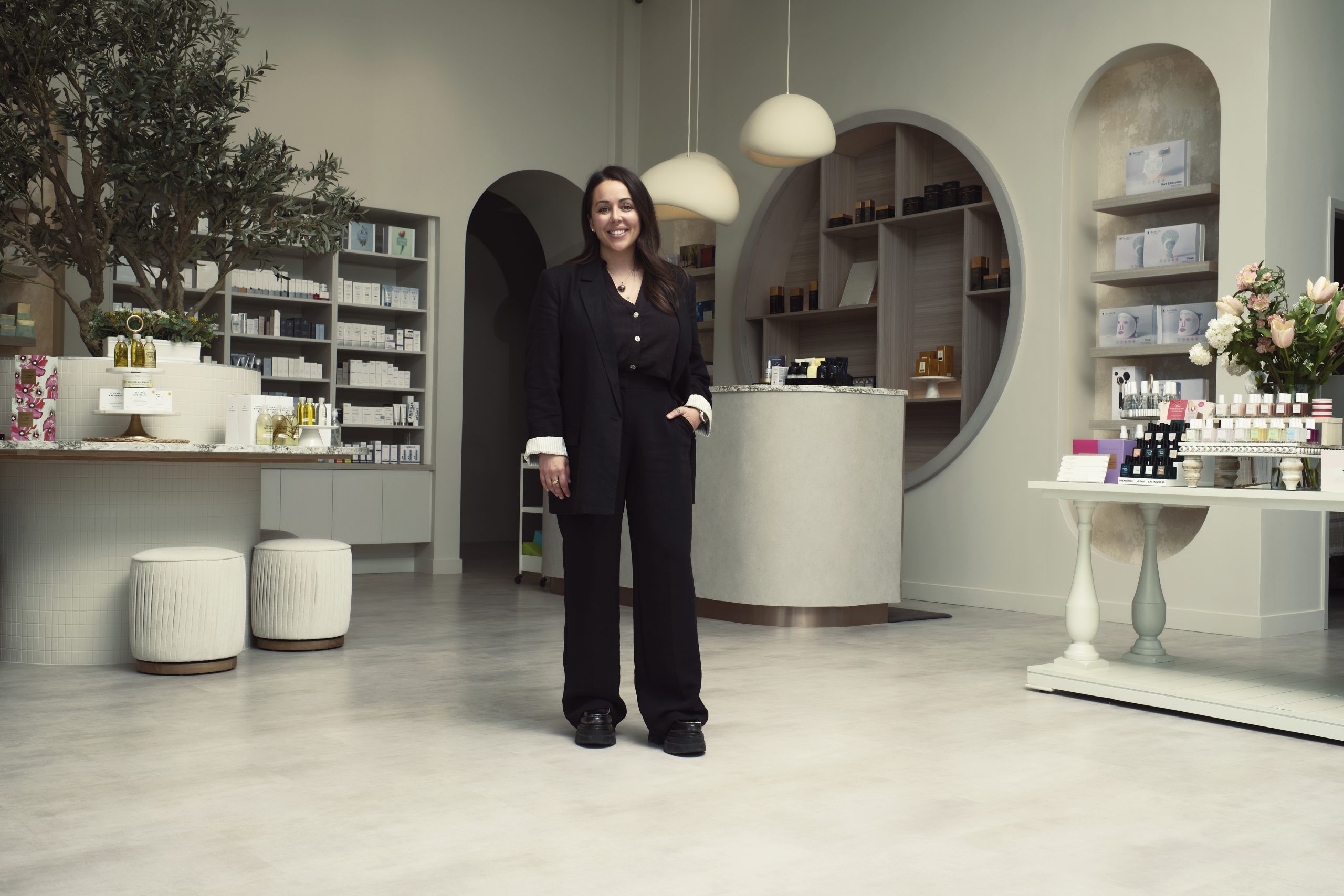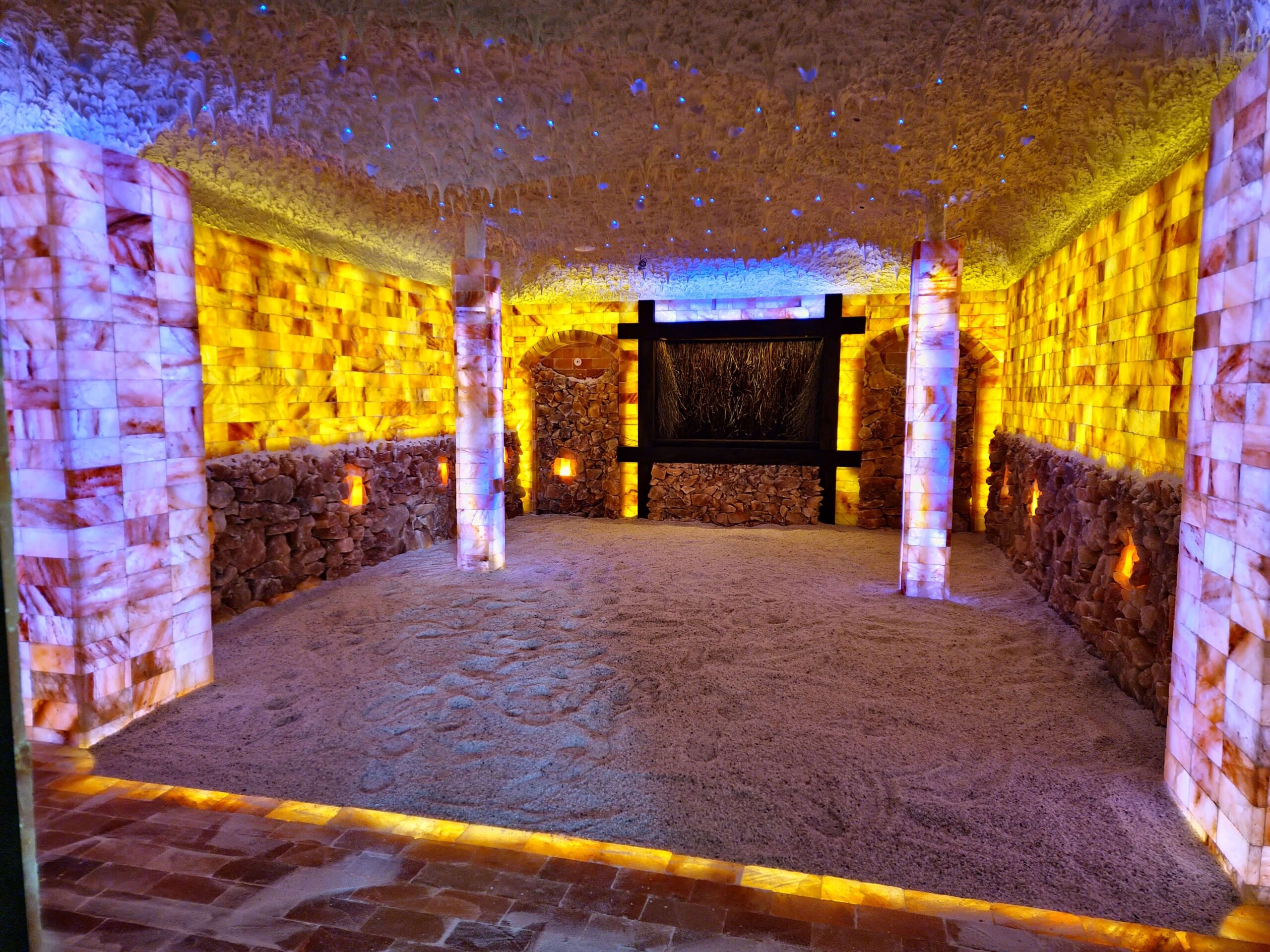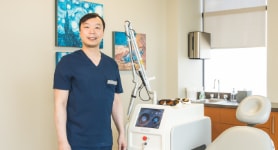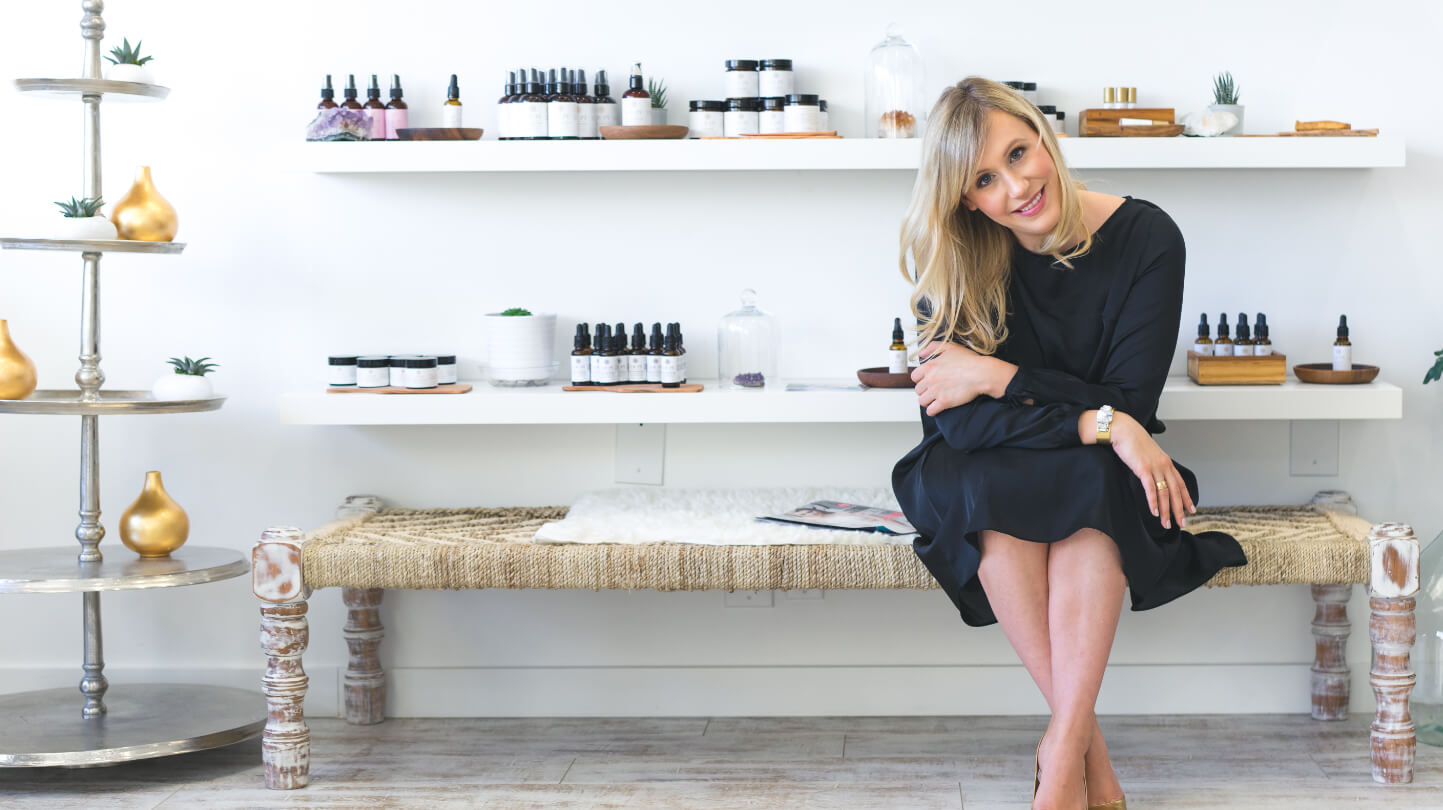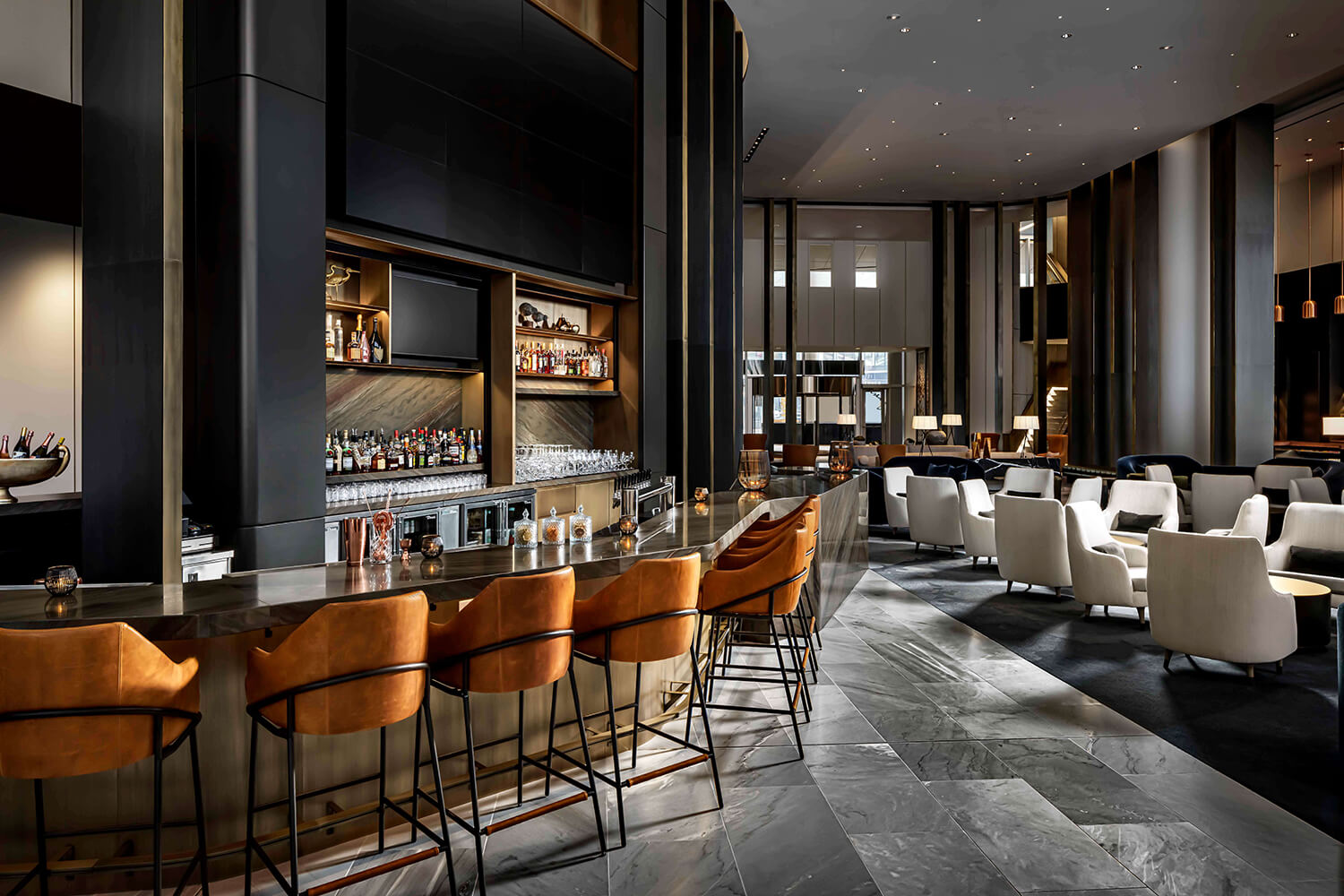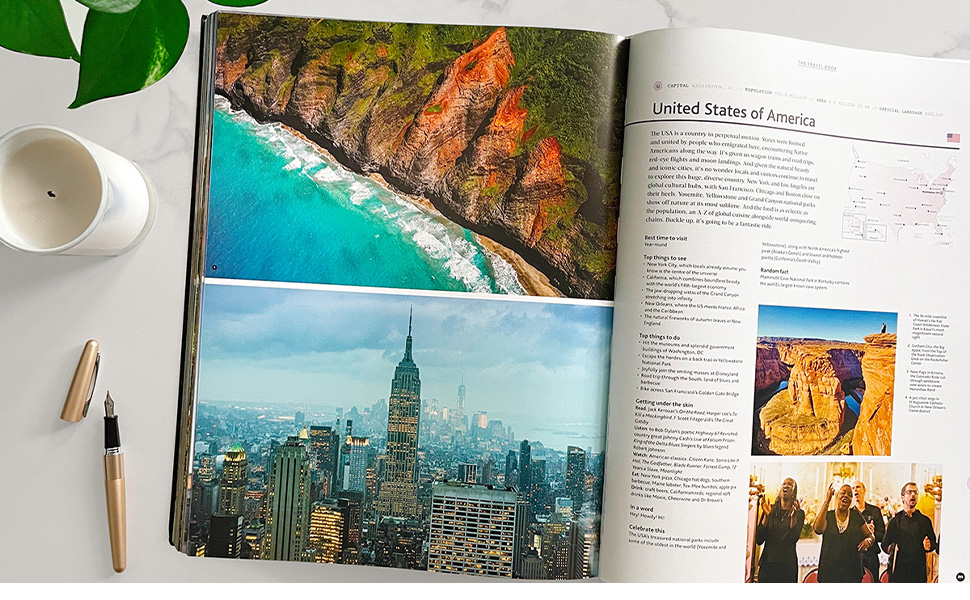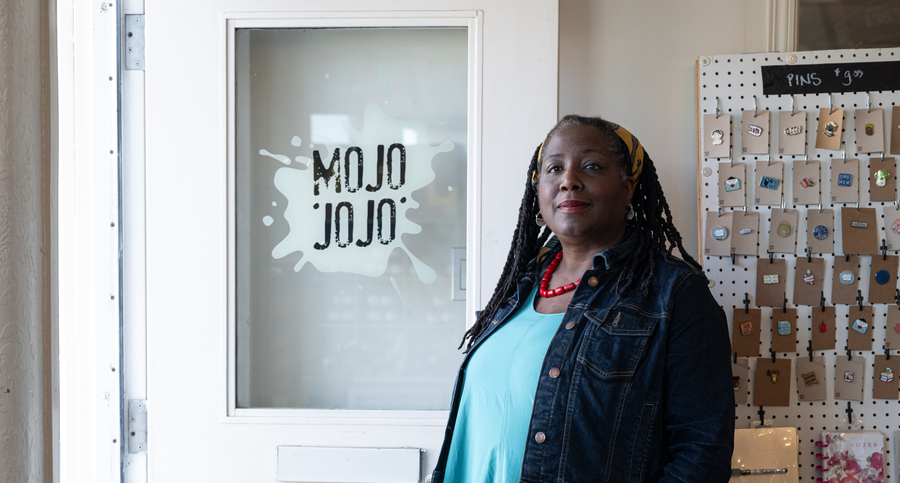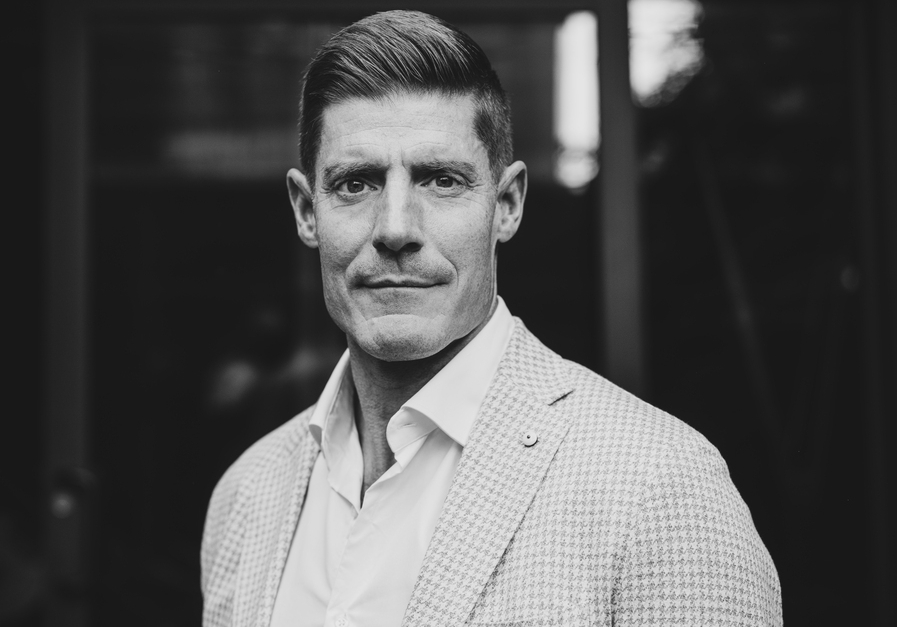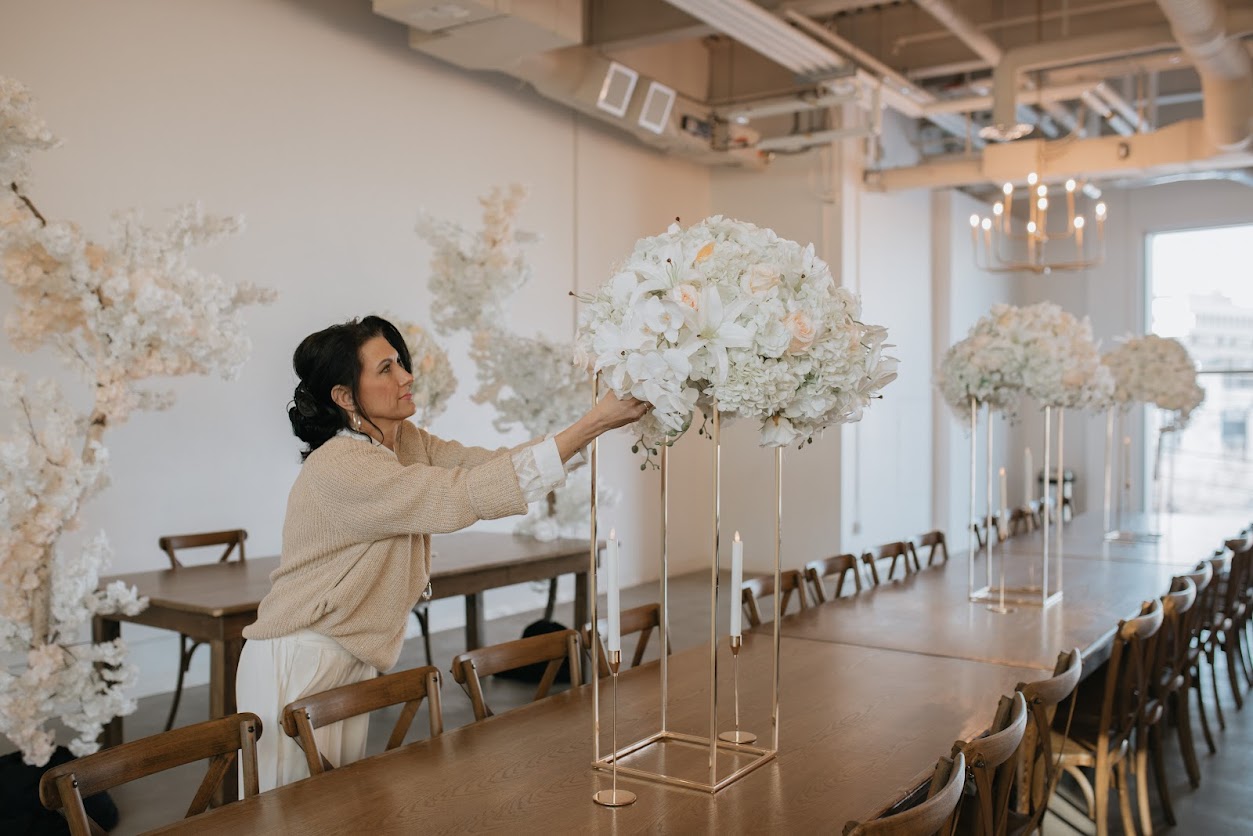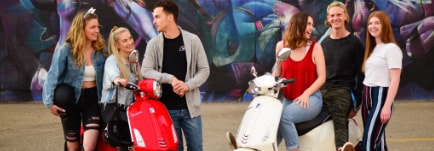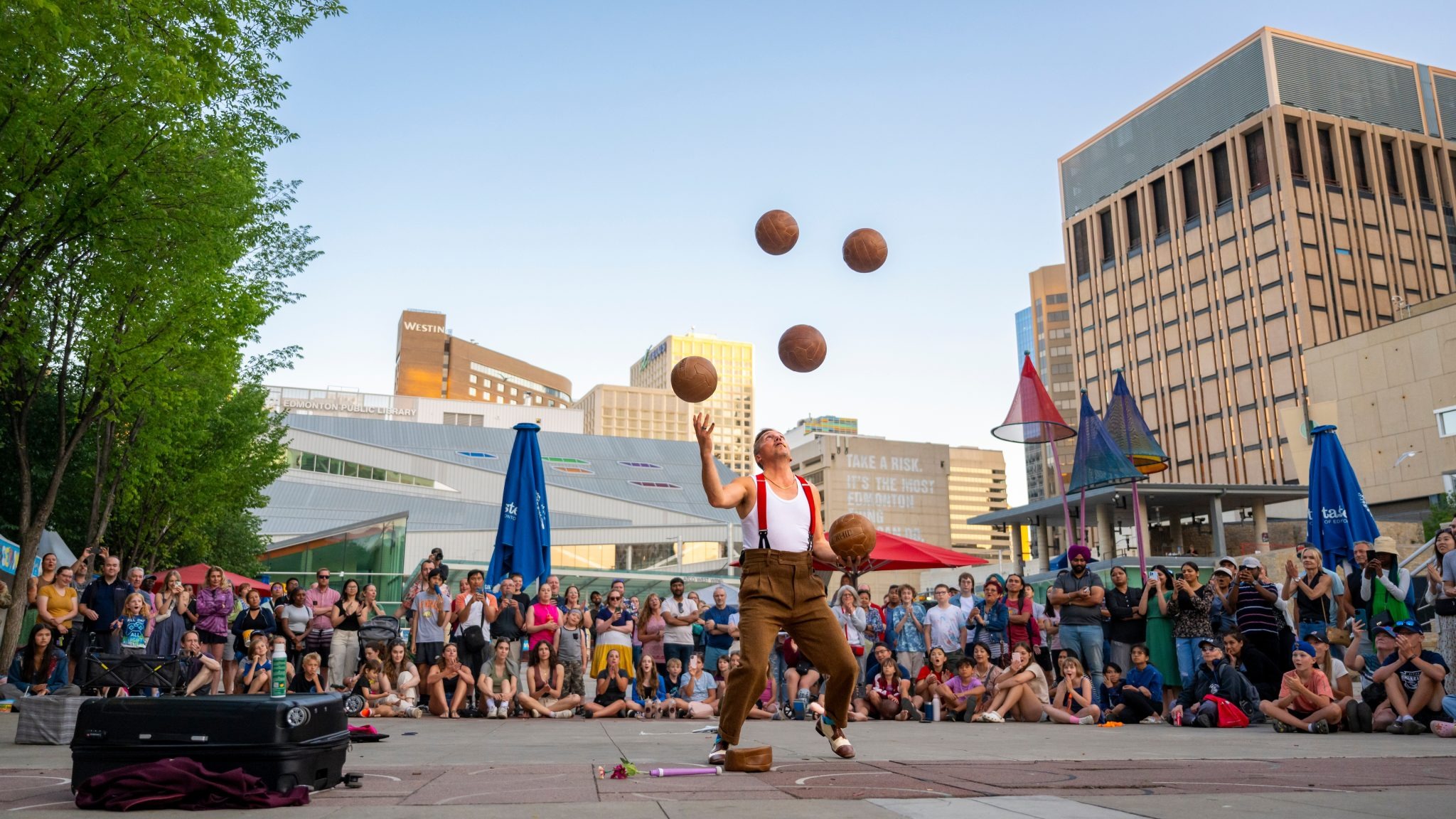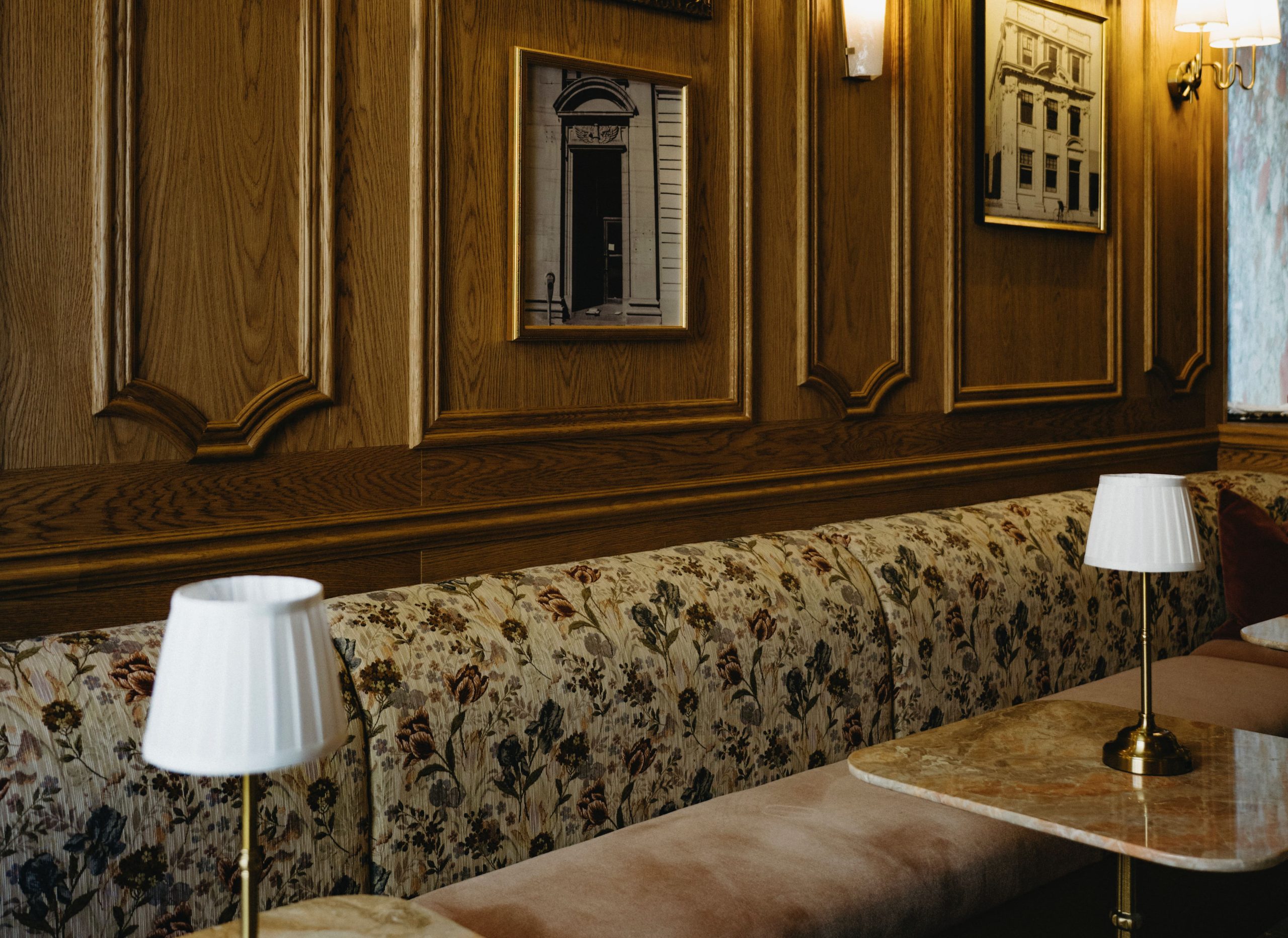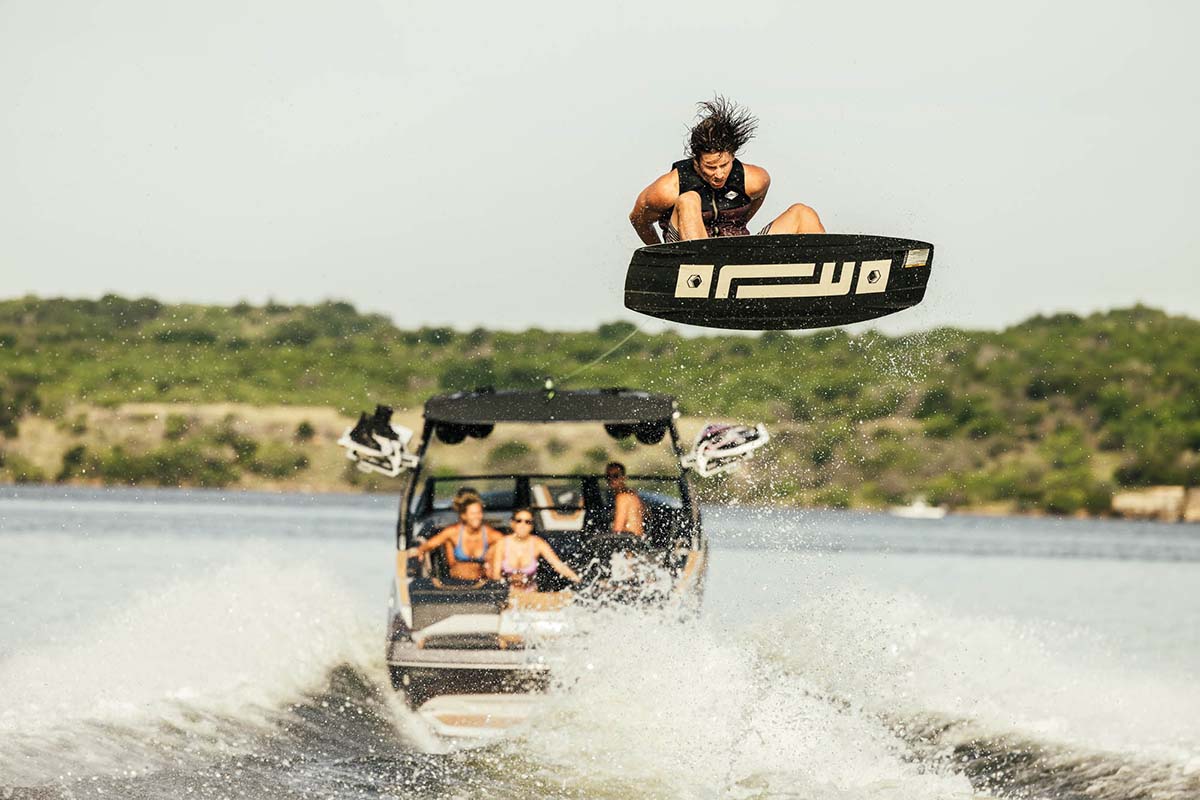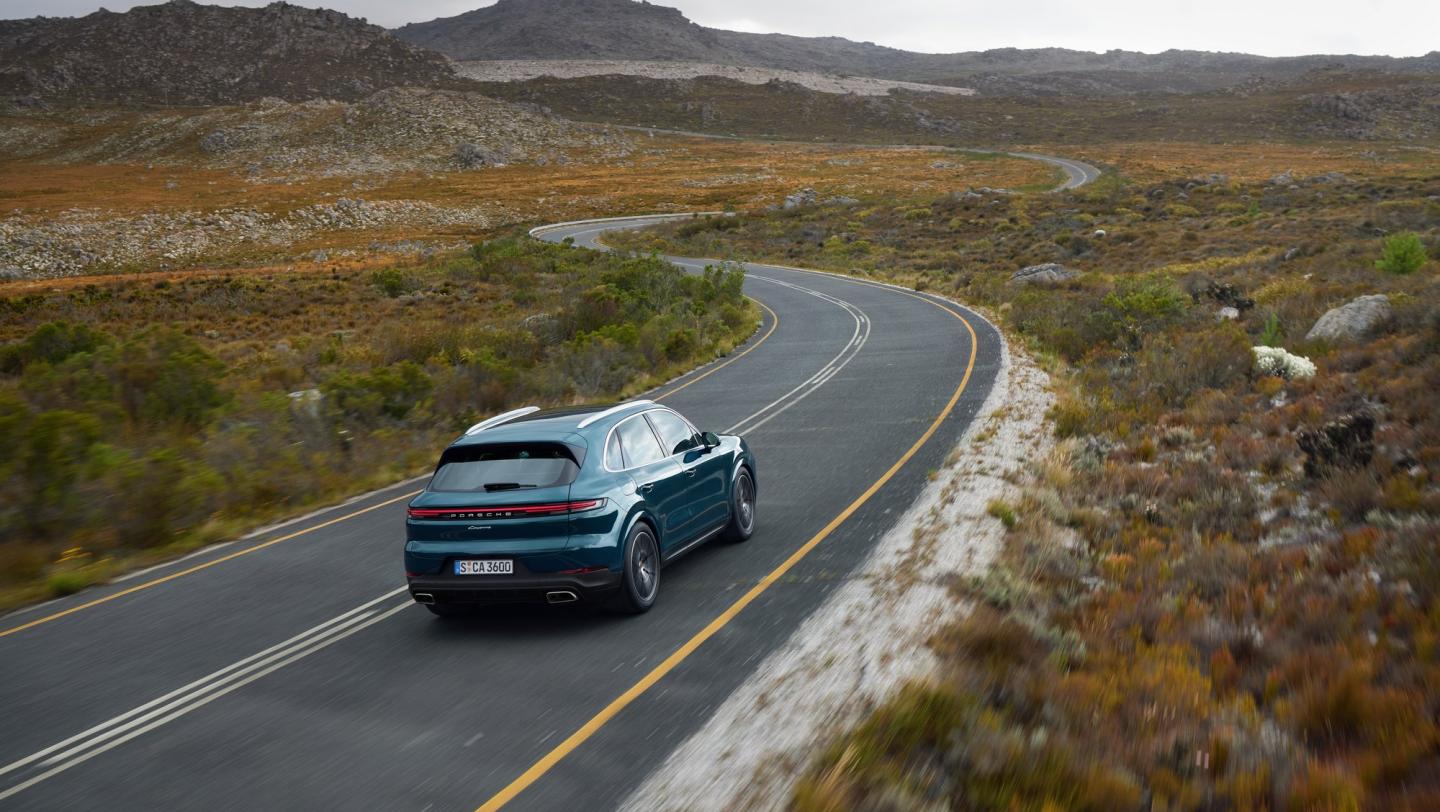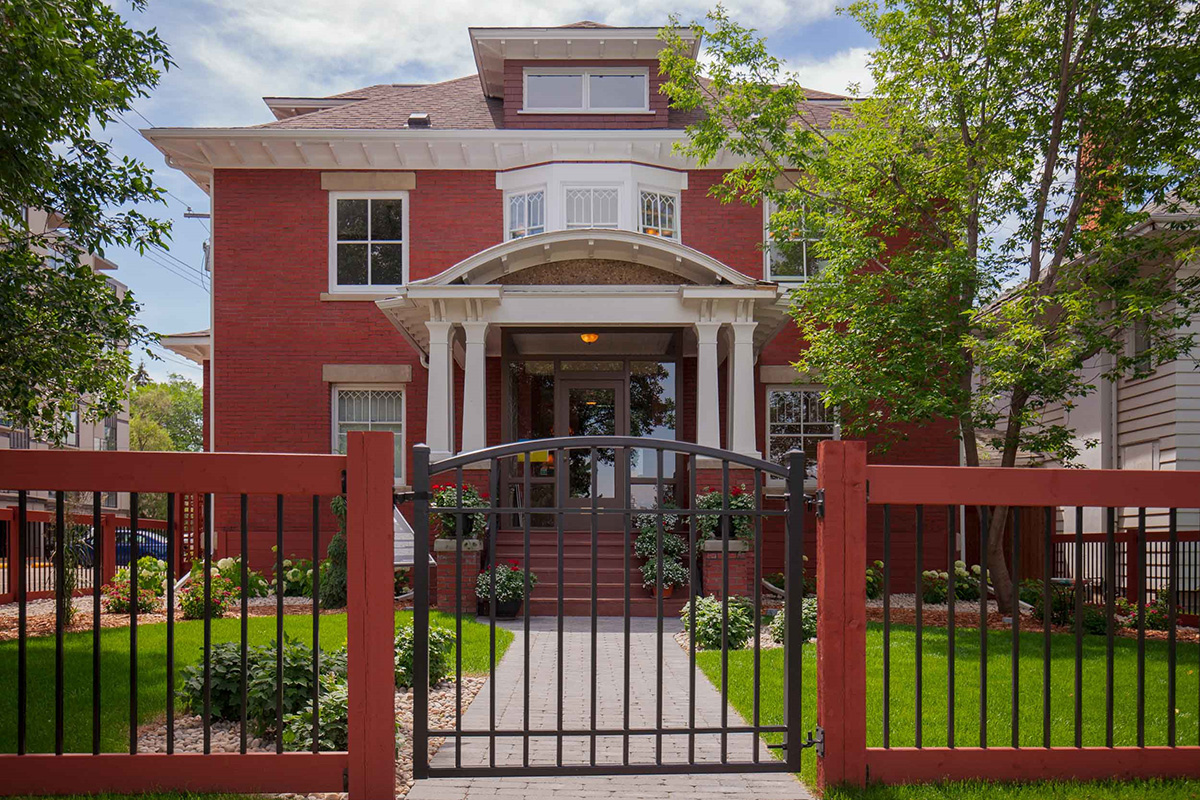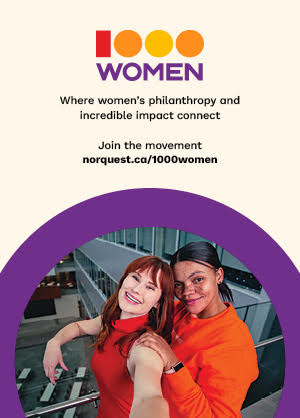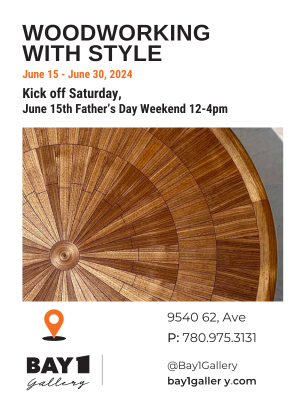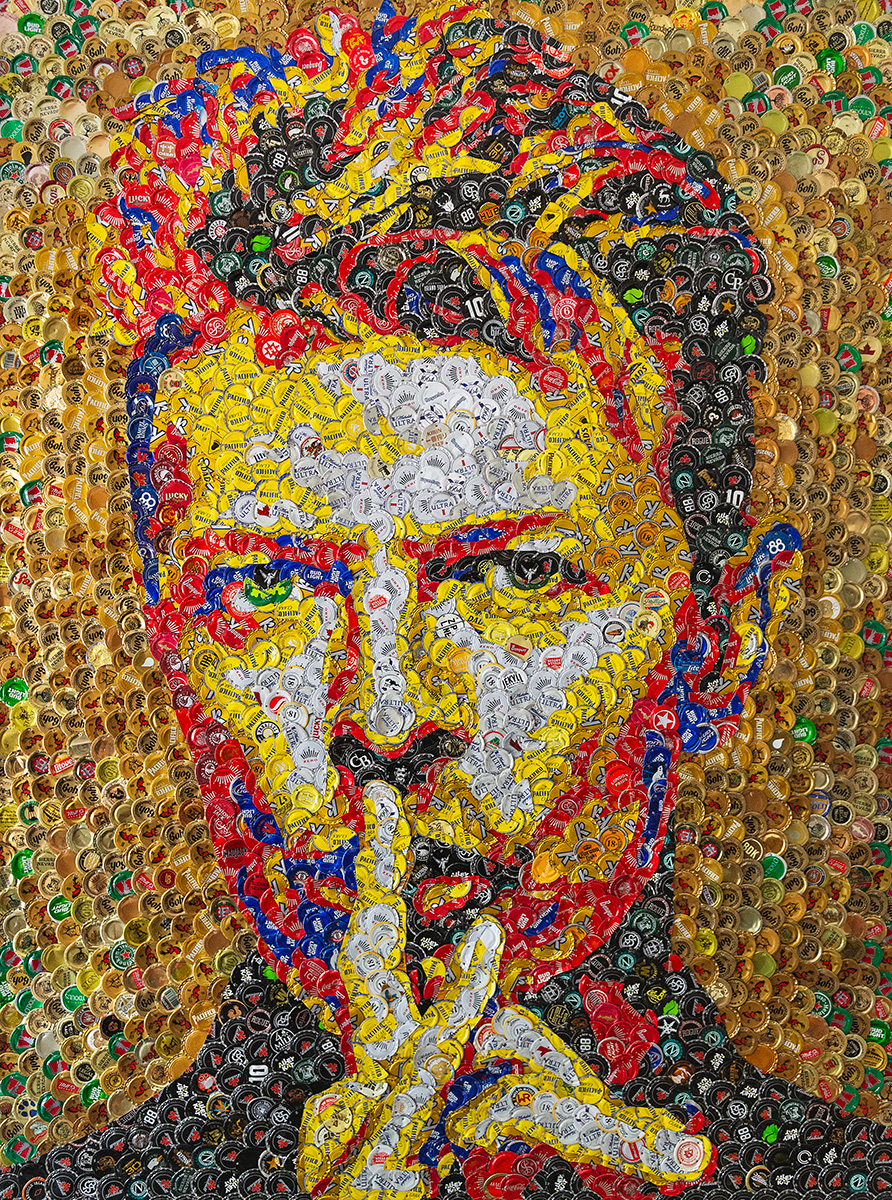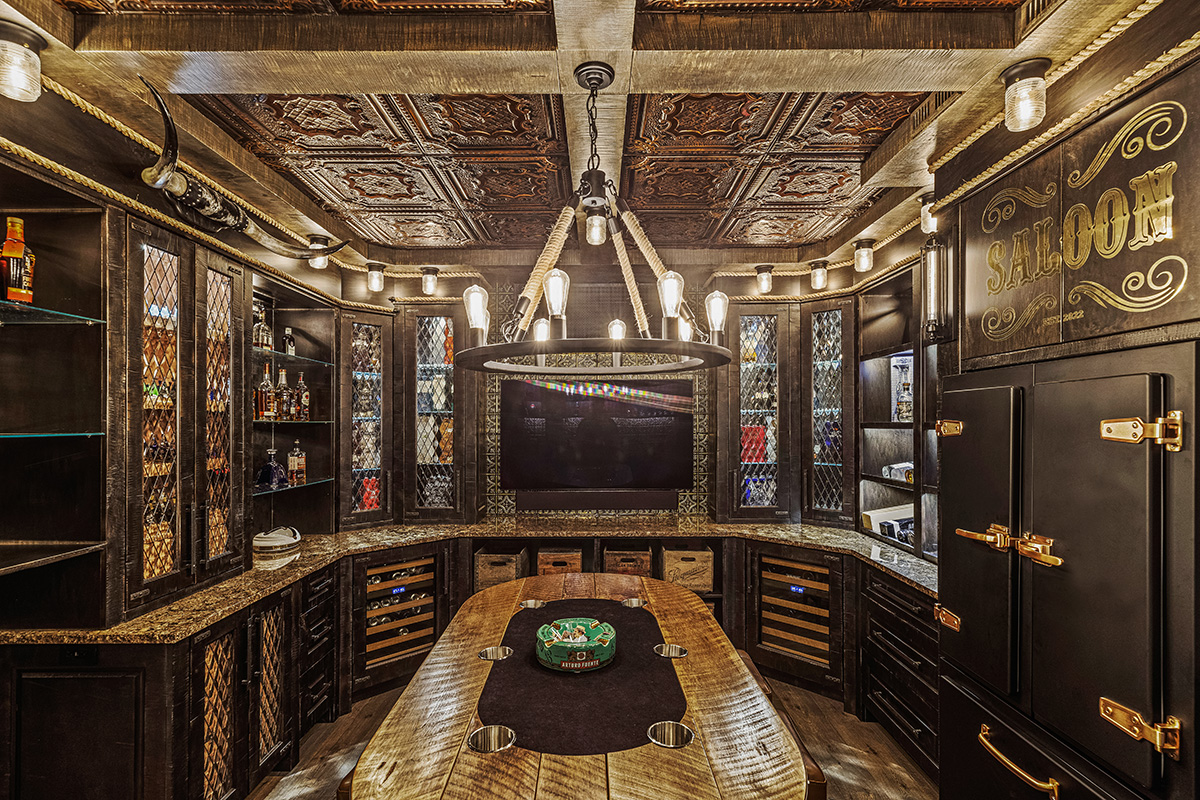How a dynamic duo weaves social change into the fabric of their community
Michelle and Enyinnah Okere met through a series of meet-cutes in Regina. That was just over 12 years ago while they were both on separate career paths to social change, inclusiveness and community support. The power couple now lives in Edmonton, along with their pop-culture cool pets, Philly and Fresh Prince. With multiple businesses and nonprofits between them, and each studying for an MBA, the Okeres are always on the go. We caught up with them to learn more about what drives them to work in demanding careers, how they combat compassion fatigue in the nonprofit sector, and their opinion on the most important quality in a life partner.
You are both involved in multiple careers. Walk us through what that looks like.
Michelle: I am founder and principal of Okere and Associates, where we focus on organizational strategy through an Indigenous lens. We concentrate on reconciliation, equity, diversity and inclusion. I also have a sustainable fashion retail business with my sister; it’s called Sustainable Style Co. We launched that about a year ago. Enyinnah and I also have a nonprofit with another couple focusing on financial literacy for BIPOC youth. It’s called the REET Institute [Real Estate, Education and Thought Leadership]. We’ve expanded from Edmonton to now include Calgary and it’s been a lot of fun. We’re in the process of building an app so that we can offer the program in rural and remote communities. Because I am Indigenous and grew up on and off reserve in rural communities, I know the barriers and the lack of support and services in those communities.
Enyinnah: I’m the chief operations officer at the Edmonton Police Service. My portfolio focuses on the office of the Chief of Police. The organization connects with residents and downtown business owners who are invested in trying to move the city in a particular direction. Public safety underpins a lot of that.
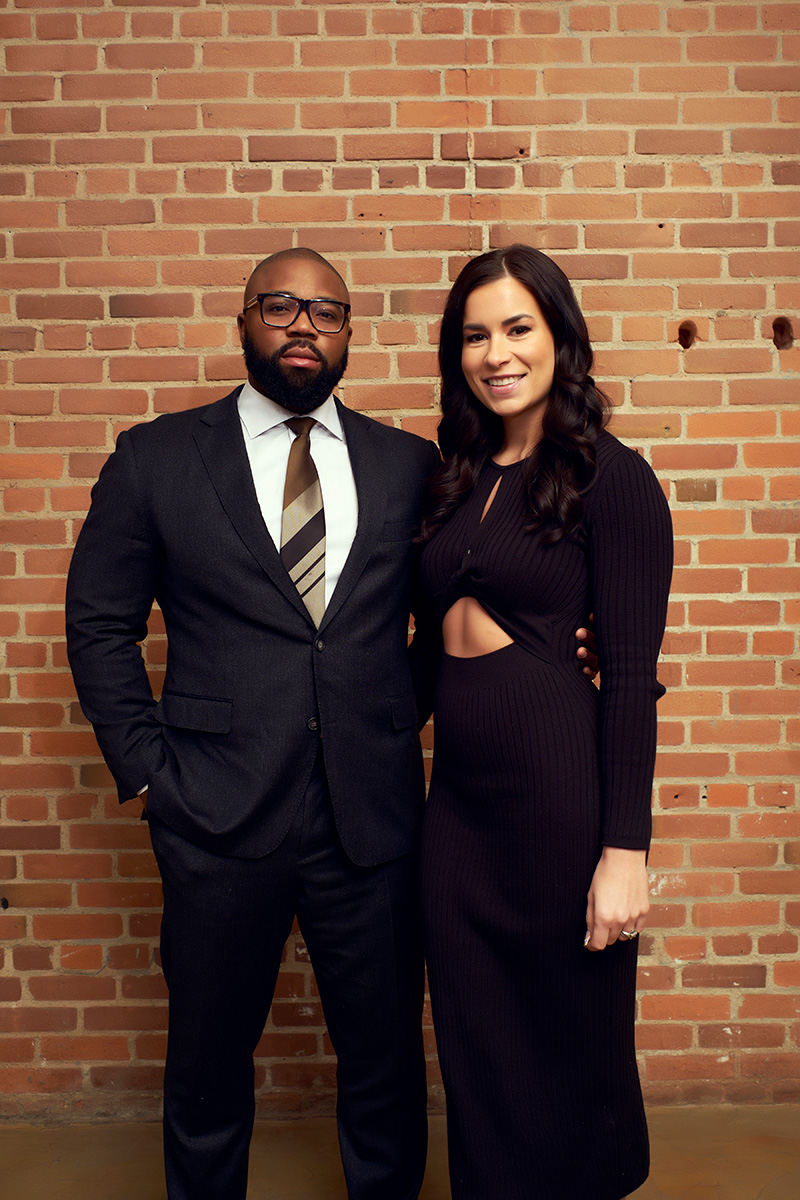
Tell us about the inspiration for the REET Institute.
M: The idea for the Institute came from conversations we were having following the murder of George Floyd and what was happening globally around commitments to racial equity. We decided to help businesses do what they say they want to do [while helping BIPOC high school students, at the same time].
What’s unique is that organizations that sponsor the REET Institute program have to be engaged with our youth. They’re committed to the curriculum. That’s the only way to see the changes. We’re helping to break down the barriers of interacting with people they normally wouldn’t. They develop a deeper understanding and can then take what they’ve learned from the modules and apply them in their workplace. People from sponsoring organizations can become advocates in creating job opportunities and summer internships. As a result, we’ve seen many students who’ve gone through the program get those opportunities.
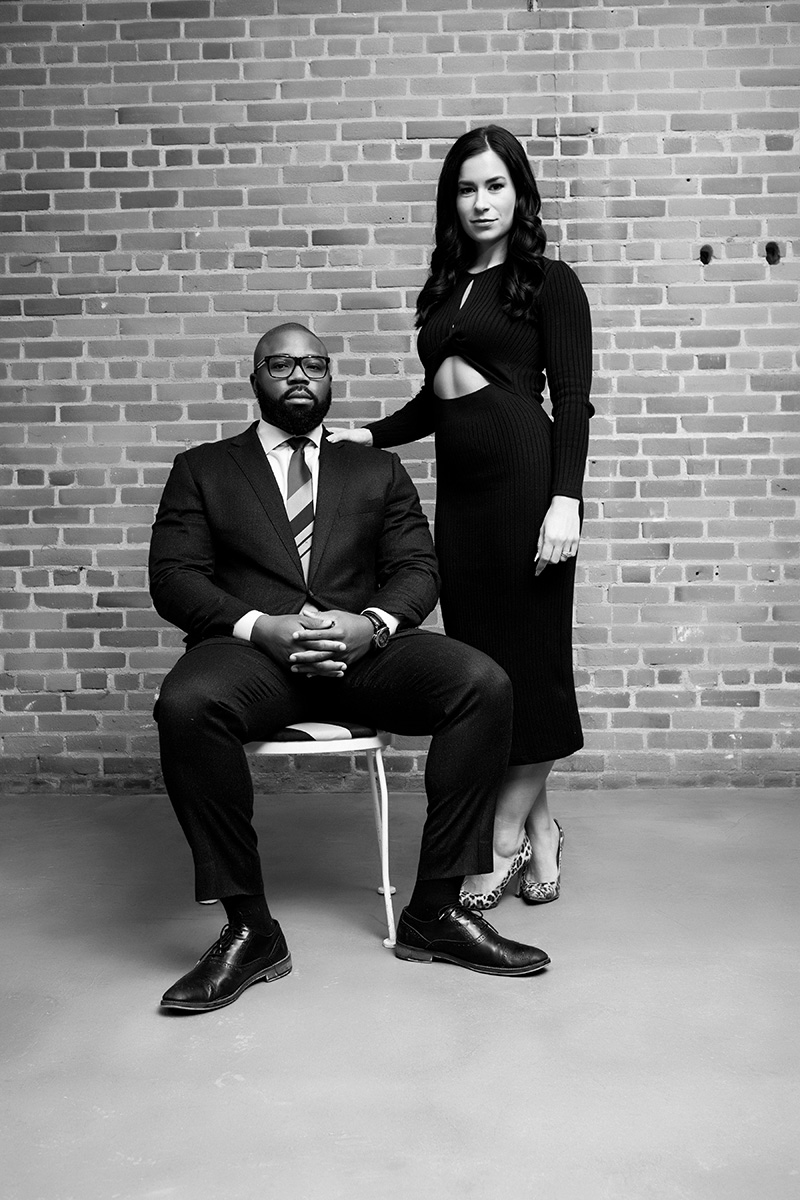
E: Essentially, we have the kids in the program for eight weeks before they do a Dragon’s Den-style pitch competition at the end. These high school kids are too shy to talk to each other at the start because they’re strangers, but are confident when they pitch to the judges, by the end. Their parents say, “I don’t know who this child is because my child is mute or always on the computer. And now they’re here speaking in front of a packed room?” To be able to do that and to live in a city where there’s capacity to create something like this, and where there’s support through industry and community members is pretty cool.
While you have lived and grown up in different cities, you both have found your home in Edmonton. What is it about this city that you find particularly special?
E: It’s not often in a city this size that there are still opportunities for newcomers to reach their dreams. Of course, there are going to be barriers as there are in every city. But our experience has been that there’s going to be someone within your network who can help you. And not only can they help you, they will share the “how.” The more we travel, the more we realize there is something very special about this city.
M: I entered the nonprofit sector and immediately noticed this volunteerism, activism, and support by the community and businesses. It’s not just a select few at the top that get involved. The whole community rallies behind things. There’s this warmth and community spirit that exists here. I lived in Regina for eleven years before moving here. I was here for a year and felt more of a sense of community than I ever felt there.
What inspired you to pursue this passion of social change and community building?
M: My dad’s Cree and my mom’s caucasian. That created some complexities in the way that I grew up. My parents split up when I was quite young and my mom was on social assistance most of my life. And so, as a result, we often had to utilize community programs and services. I played competitive basketball, but only because of KidSport. I had lots of community support growing up. I wouldn’t be where I am today if it wasn’t for that. My mom left when I was 14 and I moved in with my dad, which was a complex situation. I was forced to be the adult in the family…kind of a protector; always looking at how I could support others. I was the first person in my family to go to university. I got into the nonprofit sector and was extremely passionate about that work. I knew from about age 23 that I would run one of my own one day.
E: When you’re an immigrant, you don’t have that same social infrastructure, especially depending on where you live. A lot of my childhood was marked by loneliness. Not the loneliness of not having friends, but the kind where you notice what your friends have that your family doesn’t.
As an immigrant, you experience the world for the first time—and, at the same time as your parents. I’m Nigerian. I’m also Canadian. Something obvious to me was the lack of infrastructure and ability to help. My career has been in positions where I’ve been fortunate enough that I can help on that infrastructure side in understanding the deficits that might be in some communities. If I have any part in helping to remove a barrier so that a family or community can actualize and make things happen through their own industry…that’s what impacts me. That’s my purpose.
In the work you do, you’re bound to feel compassion fatigue. How do you deal with that?
M: We’re both good outlets for each other. There’s never a total separation of work and home life, but one of the things we do after work is debrief and have a conversation together while we take our dogs for a walk. We can reconnect and know that we have the support and the full attention of the other person. We leave our phones at home. There’s no distraction. And there’s something about being out in nature, too [which helps].
E: It’s having that outlet and then recentering. Why is it that we do what we do? When we see those REET Institute scholars talking or engaging in programs (that didn’t exist when we were in high school), we’re reminded that what we built for our past selves is creating change. It can be hard when you see people behaving poorly, but I’m fortunate to also work in a place where I get to help people out when they’re at their worst. One of the best and most satisfying things to do is serve. Compassion fatigue is a byproduct, but serving and helping others does as much for you as it does for those you help.
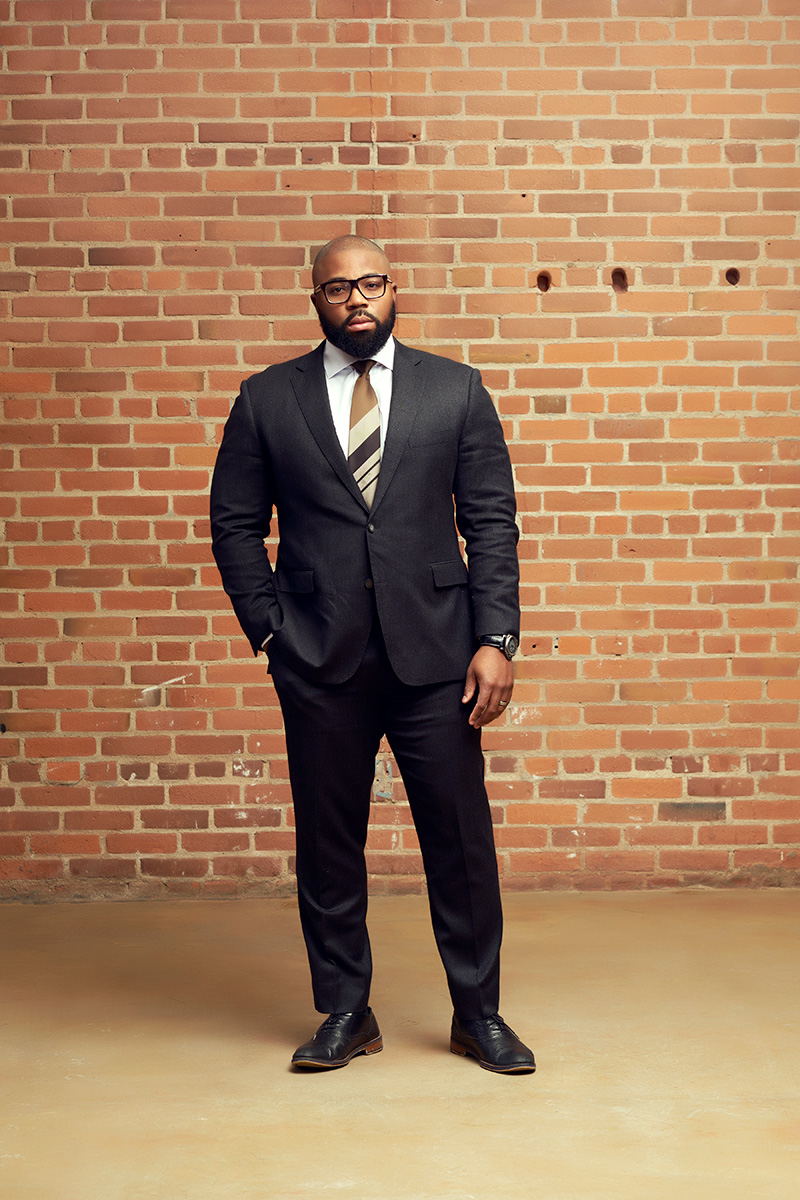
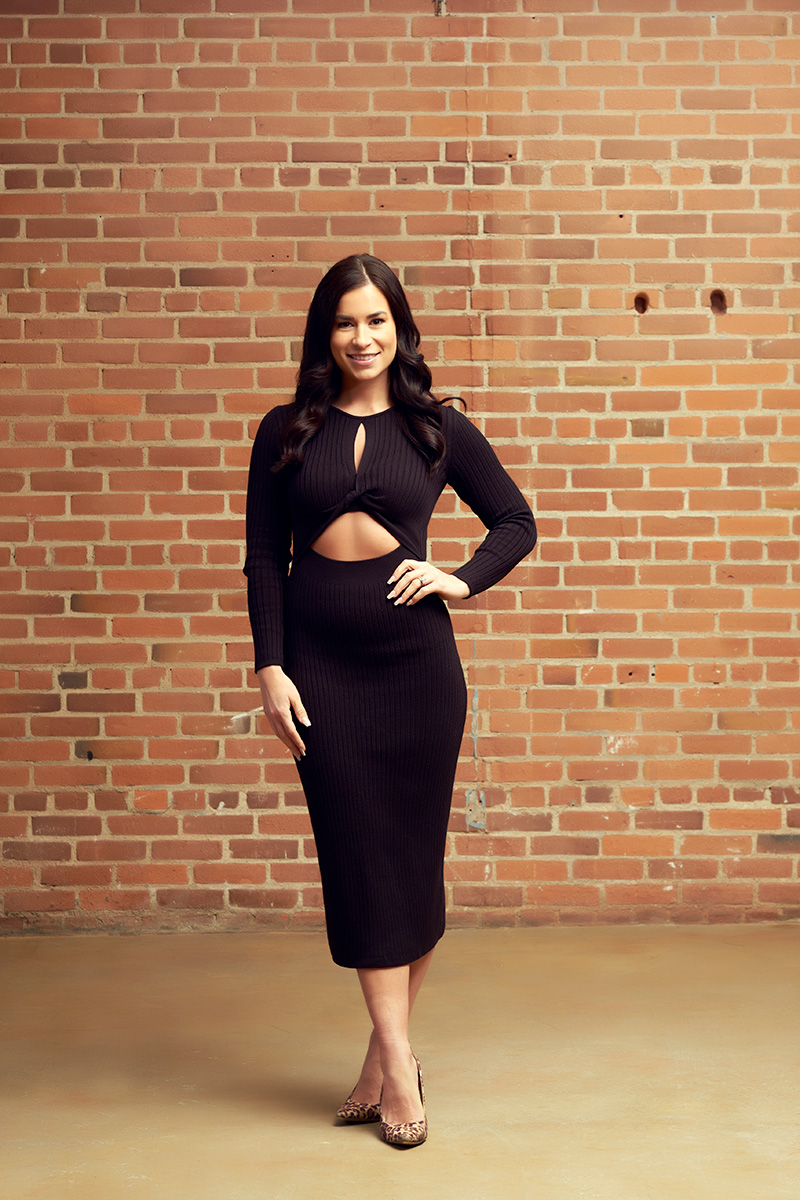
What do you think has been the most important factor in creating a healthy relationship with one another?
M: Being with someone who is driven to better themselves both personally and professionally is important. For me, it forces me to level up. It changes the kind of conversations we’re having. Knowing that you can be on similar but different paths, and still carve out your own lane while supporting each other is important, too.
Sometimes people become competitive within their relationships. Self-security is healthy. When Enyinnah’s on stage doing a Ted Talk or something similar, I know I need to step back. I’ll take the photos. And when it’s my time to shine, he’s just as comfortable taking the back seat. You need to have someone who fully has your back.
Places To Be
See this month's local flavours, products, and services.

